Program
Meaningful Play 2022 includes thought-provoking presentations from leaders in academia and industry, peer-reviewed paper presentations, panel sessions (including academic and industry discussions), innovative workshops, roundtable discussions, and exhibitions of games.
Below is the detailed conference schedule. You can also view the abbreviated schedule.
Tuesday, October 11, 6:00p-8:00p
Early Registration Check-In
Wednesday, October 12, 8:00a-9:00a
Registration Check-In and Continental Breakfast | |
| Location | Lobby (2nd floor of the MSU Union) |
| Description | The registration table is outside of the Ballroom on the second floor of the MSU Union building.
NOTE: The registration table will be open across the conference day. The breakfast is sponsored by the Dept. of Media & Information at Michigan State University. |
Wednesday, October 12, 9:00a-9:30a
Conference Welcome | |
| Location | MSU Union Ballroom |
| Description | The conference organizing committee will welcome you and kick-off an exciting conference. |
Wednesday, October 12, 9:30a-10:30a
The Game of Life: Meaningful Play Edition | |
| Location | MSU Union Ballroom |
| Format | Keynote |
| Presenter(s) |
|
| Description | Playing the game of life in academia takes about five decades. Play ends at retirement, and the player who has experienced the most personally meaningful career wins. Carrie's half century in academia included pioneering contributions to Interactivity, presence, virtual reality, online learning, user experience design, serious games, and gender and games. In this talk she will share perspectives that may inspire your personal milestones, challenges, and win states as you strategize your own game of life in our domain of constant, accelerating change. |
Wednesday, October 12, 10:30a-11:00a
Break
Wednesday, October 12, 11:00a-12:00p
Children's Digital Playgrounds: The Hidden Politics of Child-Specific, Commercial and Connected Digital Games | |
| Location | MSU Union Ballroom |
| Format | Speaker |
| Presenter(s) | Sara Grimes |
| Description | In this talk, I present arguments advanced in my new book, Digital Playgrounds, which explores key developments, trends, and controversies that have shaped the development of child-specific, commercial, connected games over the past two decades. The discussion draws on several studies conducted between 2002 and 2018 on connected games designed for children under twelve years, tracing the emergence and impact of four problematic tendencies found in many titles produced by the children's media and tech industries. These four tendencies are: a disconnect between children's privacy and children's need for autonomous spaces; a lack of support for children's freedom of expression online and its positioning in opposition to children's safety; unanswered questions about who owns children's digital content and shared culture; and the problematic application of both traditional and emerging models of corporate control and commercialization to artifacts designed and targeted to young children. |
Narrative Design and Theory | |
| Location | MSU Room |
| Format | Papers |
| Paper 1 | "It Just Felt More Like a Pyramid" - Narrative and Concept in Game-based Learning Puzzles Game-based learning (GBL) is an effective way to introduce domains of knowledge to learners. However, the literature is unclear on how designers balance content with interesting and compelling game narratives. In this paper, we explore this tension using data from two versions of a puzzle meant to teach modular arithmetic. In one puzzle, numbers are used to present key puzzle information, while in the other, abstract symbols are used. Using empirical data, we examine how both puzzle configurations supported learning. We find that there are desirable aspects to both versions of the puzzle. We describe the implicaitons of the primary design tension posed by our findings, and present suggestions for balancing fantasy and authentic content in GBL. |
| Paper 2 | Aligning Game Narrative and Learning Outcomes (Top Paper Award) Research on narrative in game-based learning (GBL) is barely in its infancy (Dickey, 2019), but there is an opportunity to gain a foothold on understanding how game narrative can be designed to support learning. In this paper, we will construct an evidence-centered design (ECD; Mislevy et al., 2003) model of narrative in GBL, first by unpacking theoretical foundations of Interactive Digital Narrative (Koenitz, 2015), then aligning those theoretical foundations with core design elements of game narrative and an existing narrative design model rooted in cognitive narratology (Dubbelman, 2021). This will be followed by a discussion of how narrative mechanics can support learning, from the perspective of the learning sciences. We will then integrate these theoretical, design, and learning foundations into a proposed ECD model that aligns narrative mechanics with learning objectives. Finally, we will conclude with some considerations for future research on narrative in GBL. |
Creating Countercultures in Game Research | |
| Location | Huron Room |
| Format | Workshop |
| Presenter(s) | Jessica Hammer, Alexandra To and Erica Cruz |
| Description | In this workshop, we will explore how game research groups and design teams can resist common structural problems within academia. In our 2020 paper on this topic, we describe a number of "dark patterns" in academia, such as hypercompetition and imbalances of power, and ways to design a research environment to counteract them. Since then, our work has been taken up by groups around the country - but primarily in computer science contexts. We would like to work out how our insights might apply in the many other disciplines where game work is housed, from communication to media studies to education, in partnership with people from those disciplines. |
The Use of Board Games for Faculty Development to Improve Teaching | |
| Location | Superior Room |
| Format | Panel |
| Presenter(s) | Peter Jamieson, Eric Rapos and Casey O'Donnell |
| Description | This panel discusses the potential for using Board Games as a medium to help in faculty development at a range of universities. Many universities have centers of teaching excellence (for example, Miami Universities Center of Teaching Excellence - https://www.miamioh.edu/cte/) where faculty engage in various activities to improve their teaching. The main question we have in this panel is, "How can Board Games be used to help Faculty and Staff at all levels improve their teaching?"
For this panel, the panel members will discuss their approaches to using Board Games for faculty development with a focus on:
|
Developing a Game Studies Curriculum | |
| Location | Lake Ontario |
| Format | Roundtable |
| Presenter(s) | Mark Cruea, Shane Tilton and Emily Baumgartner |
| Description | This round table features discussion around developing a game studies minor and the potential avenues that such a minor can take. Across the United States, there are quite a variety of games studies curricula. Some programs take a more critical cultural approach focusing on the creation and distribution of video games, workplace conditions, writing for video games, and socio-cultural influences. Others focus on design and production aspects of video games. Others offer a mix of these two. The goal of this roundtable is to exchange ideas on curricular options, debate the pros and cons of each, and ultimately arrive at a conclusion that provides a framework for academic institutions to utilize when considering a gaming minor or major. There are three discussion leaders. Two come from a critical cultural background in video game studies while the third has focused on games in education including games and simulations in educational settings. |
Post-Mortems | |
| Location | Lake Michigan |
| Format | Papers |
| Paper 1 | The Legend of the Lost Emerald: Designing a narrative for increased engagement within a historical practices video game In this paper, we explore the design process and inspriation of the narrative aspects of The Legend of the Lost Emerald, a grade 4-6 historical practices learning game. Our purpose was to use a strong narrative design to engage the players beyond a cartoonish perception that shipwrecks are "cool" to deeper history meaning-making. This team used an iterative diagetic approach to applying narrative to the game that we will outline in this paper. The discussion in this paper will also explore the key philsoophical inspiration: Lacan's notion of objet a. While the creative team is familiar with and relies on traditional narrative structures, we will show how we worked to create a unique narrative in this video game that acknowledges the psychology of our players in terms of their interest and their ability to make meaning about a traumatic topic: the many lives that have been lost at sea. |
| Paper 2 | Exploring How a Simulation Game Connects Concrete and Abstract Learning Vector addition learning can be challenging due to its abstractness. In this study, a "concreteness fading" intervention was designed to help learners establish a more grounded understanding of vector addition. This paper examines the in-between "fading" stage that incorporates a simulation game to connect concrete learning that involves physical activities and abstract learning that relies on symbols. By implementing the same color code, context, and problem-solving process, the simulation game is able to bridge concrete and abstract learning. |
| Paper 3 | Unlocking COVID-19 Play Options: Adapting Serious Design to Pandemic Friendly Game Mediums In 2020 the in-person, collaborative puzzle solving of commercial and educational escape rooms was forced to adapt to COVID-19 lockdowns. Our previously developed social justice escape game broaching the role of bystanders in instances of older adult mistreatment required adjustment for pandemic times and prompted the question: what types of games and affordances would allow us to build a serious game about mistreatment? Through a literature review of commercial adaptations of escape games, we analyzed a variety of game types as potential avenues for our serious game. Adopting a co-creative design approach, we built game prototypes that studied how a serious game concept (Older Adult Mistreatment) changes when adapted to different game types. This paper discusses the opportunities and challenges that arose in this process and shows the meaningful affordances that designers and academics should consider in their design. It concludes with insights on how game types meaningfully frame content. |
Wednesday, October 12, 12:00p-2:00p
Birds of a Feather Lunch (on your own) | |
| Description | Wednesday lunch is not provided. Take this time to socialize with your fellow conference attendees while enjoying the many dining venues within downtown East Lansing.
If you are interested in lunching with like minded individuals, there will be Birds of a Feather meet-up signs in the lobby. Meet at one of the signs and go to lunch together. The groups include:
|
Wednesday, October 12, 2:00p-3:00p
A Demonstration of Design Methodologies for creating Accessible and Universal Games | |
| Location | MSU Union Ballroom |
| Format | Speaker |
| Presenter(s) | Bill Fischer |
| Description | In this demonstration, a prototype game containing specific methods for integrating accessible and universal design into games will be demonstrated and broken down in detail. These methods include multiple modes of access, accessible navigation, audio cues, audio descriptions, feedback loops, captions, cognitive load management, and universal color. But most importantly, you'll see how to integrate all of these seamlessly so blind, sight-impaired, color-blind, cognitively challenged, physically disabled, deaf and hard of hearing persons can benefit and play together (that's universal design). |
Games in the Classroom | |
| Location | MSU Room |
| Format | Papers |
| Paper 1 | Jo Wilder and the Capitol Case: A Taxonomy of Uses for a Historical Inquiry Game in 4th Grade Classrooms in Wisconsin. In this paper, we study the various ways 3rd-5th grade educators utilized Jo Wilder and the Capitol Case, a historical inquiry game, in their classroom instruction. The 15 educators involved in the study were all teachers in the United States who took part in the "Doing History Fellowship" program, a professional development opportunity offered by the authors, designed to increase their understanding of historical inquiry instruction and game-based learning. As part of the program, the educators planned and implemented the game within their own classroom context and reported. Through their reports, surveys and semi-structured interviews we discovered the educators were motivated by five distinct instructional purposes, which influenced how the game was integrated into their curriculum. In this paper, we name and describe these five purposes. These findings can be useful insights into how educators think about games and how corresponding professional development activities may be designed in the future. |
| Paper 2 | A Pilot Study on Teacher-Facing Real-Time Classroom Game Dashboards (Top Paper Award) Educational games are an increasingly popular teaching tool in modern classrooms. However, the development of complementary tools for teachers facilitating classroom gameplay is lacking. We present the results of a participatory design process for a teacher-facing, real-time game data dashboard. This two-phase process included a workshop to elicit teachers' requirements for such a tool, and a pilot study of our dashboard prototype. We analyze post-gameplay survey and interview data to understand teachers' experiences with the tool in terms of evidence of co-design, feasibility, and effectiveness. Our results indicate the participatory design yielded a tool both useful for and usable by teachers within the context of a real class gameplay session. We advocate for the continued development of data-driven teacher tools to improve the effectiveness of games deployed in the classroom. |
| Paper 3 | Let's Play with Academia: Parasocial-Interaction-Informed Pedagogy for the Zoom Classroom This paper proposes pedagogy for deploying the Let's Play format as part of online seminars in higher education. The technique is intended to enable practitioners to reap the benefits of using video games paired with the "think aloud" method to promote student engagement in Zoom classrooms and teach transferable critical analysis skills. Using a Let's Play format is designed to facilitate a gameplay viewing experience that guides oscillation between affective engagement and the process of critical analysis. The intended outcome of the research is to provide resources detailing a method for including video games in the online classroom in a way that will allow practitioners to do so without the support of an institutional infrastructure, and to explore how using parasocial interaction techniques utilised by Let's Play performers can create a more welcoming online teaching environment that encourages reciprocity between students and educators. |
Exploring Pressure Through Play: Using Games for Team and Culture Building | |
| Location | Huron Room |
| Format | Workshop |
| Presenter(s) | Alexandra Suchman |
| Description | Games are an excellent way for people to learn and practice new skills individually, but they can be even more powerful as a vehicle for people to learn and grow together. Great play experiences result in a team that can harness even more value than just the sum of its parts.
The COVID pandemic turned the existing workplace model on its head, creating an opportunity to rethink how workplace cultures and environments can create a space for people to connect, contribute, and thrive. Games can and should be an important part of these conversations. In this session, we'll explore how playing games with colleagues and collaborators is such a valuable experience for building team culture and cohesion. Not only will the session take you behind the scenes of how games can inspire sustainable change, we'll also play a few of BarometerXP's signature games that inspire self-awareness and meaningful connections. |
Pairing Games and Books: An Underutilized Approach for Games and Learning | |
| Location | Superior Room |
| Format | Panel |
| Presenter(s) | Tracy Fullerton, Matthew Farber and James Erekson |
| Description | Book pairings with video games are an ideal yet underutilized approach to harnessing the potential of games and learning. This panel will explore narrative gaming in combination with literature, focusing on games that emphasize multimodal media's evocative, social, and exploratory potential. We discuss narrative video games that encourage exploration of thematic and topical connections between games and literature. These include "Lost Words: Beyond the Page", which deals with grief and loss, a game that could effectively be paired with the similarly themed young adult novel Ali Benjamin's "The Thing About Jellyfish." Or, looking at the classic canon, we will discuss how a pairing of "Walden, a game" with Thoreau's "Walden; or Life in the Woods," enables exploration of universal themes of humans' relationships with nature and society. Takeaways from this panel include examples of curriculum pairing books to games and a walkthrough of using such pairings in classrooms and libraries. |
Games for Healing | |
| Location | Lake Ontario |
| Format | Roundtable |
| Presenter(s) | Jessica Hammer |
| Description | We have lived through a long two years of trauma - the global pandemic, accelerating climate change, war, right-wing terrorism, and more. During this time, many people have turned to games as a coping mechanism. Animal Crossing gave people a way to stay connected during lockdowns, while Spiritfarer helped people feel a sense of comfort while still acknowledging the reality of death and pain. What role do we think games will play in the coming few years? How can we create games that help people process their trauma? What might we do, as game designers, to make sure that people at high risk for COVID are not left behind? How can games help us envision a less traumatic and difficult future? |
Inclusive Design | |
| Location | Lake Michigan |
| Format | Papers |
| Paper 1 | "That's just how it is": Discussions of toxicity and individual accountability in online video games on Reddit Toxic behavior in video games is a persistent problem which affects all players, but disproportionately affects those who don't fit the gamer stereotype of the straight white man. This study presents a discourse analysis of data from Reddit conversations about toxicity from two popular subreddits focused on video games, one which is a space for women-identified gamers and one which represents dominant male norms within gaming culture. Through my analysis, I find that toxic behavior persists not just due to toxic players, but because of players who claim "that's just how it is" and argue for solutions which allow toxicity to be ignored. I identify counternarratives, primarily emerging from the experiences of women gamers, that present a call to action for players, and particularly men, to call out toxic behavior as it happens as a means of breaking the cycle. |
| Paper 2 | Queering Game Environments This paper argues that closer attention to game environments and their connections to ecocriticism and environmental studies would yield new possibilities for finding and cultivating queerness in games, particularly given the medium's reliance on virtual space and heavy carbon footprint in actual space (Schatz, 2018). To demonstrate this, the paper focuses on two popular indie video games, The Vanishing of Ethan Carter (The Astronauts 2014) and Night in the Woods (Infinite Fall 2017), that illustrate how natural environments in games can become sites of threatening and even violent queerness that resists both heteronormative family structures and romanticized notions of nature. |
| Paper 3 | User-Centered Design for Gamified Voice and Communication App: Applying UCD to Gender-Affirming Communication Services Given the stressors transgender populations may experience (e.g., violence, ostracization, discrimination; Testa et al., 2015), voice/communication services should mitigate stressors for optimum communication-related well-being. While user-centered design (i.e., granting target users a leading role in system design) and gamification have led to increased user engagement, practice frequency, and skill learning, there is presently no UCD/gamified app to support voice/communication goals for transgender populations. This study collected and analyzed four transgender participants' needs and perceptions of potential app features. A survey and follow-up interview with investigators addressed system features, system design, and how they might use the app to practice voice and communication. Results indicated preference for a gamified app designed to facilitate/improve performance of target behaviors that allowed for customization of accessibility features. UCD in gamified voice/communication practice app design offers a promising path to improve access to person-centered, culturally-responsive voice/communication services. |
Wednesday, October 12, 3:00p-3:30p
Break
Wednesday, October 12, 3:30p-4:30p
Embodied Intelligence & the Future of Play | |
| Location | MSU Union Ballroom |
| Format | Keynote |
| Presenter(s) |
|
| Description | Dr. Heidi Boisvert will discuss current empirical research methods and insights emerging from the Limbic Lab, which employs biometrics, machine learning and predictive models to isolate effective narrative ingredients and game mechanics. Through case studies, she will also share how this research informs the creation of bio-adaptive performances, mixed reality experiences and games, and speculate on the future of play. |
Wednesday, October 12, 4:30p-5:00p
Poster and Game Exhibition Setup Logistics | |
| Location | MSU Union Ballroom |
| Description | The conference organizing committee will outline the logistics for setting up posters and games for the evening conference reception.
You may setup your materials anytime between now and 7pm. |
Wednesday, October 12, 5:00p-7:00p
Dinner Break (on your own) | |
| Description | Dinner is not provided. Take this time to socialize with your fellow conference attendees while enjoying the many dining venues within the East Lansing and Lansing area. |
Wednesday, October 12, 7:00p-9:30p
Conference Reception, Game Exhibition, and Poster Session | |
| Location | MSU Union Ballroom |
| Format | Reception |
| Description | Celebrate the end of the first successful day at Meaningful Play during the conference reception, featuring:
The conference reception is sponsored by DeepMind Technologies. |
Poster Presentations | |
| Poster 1 | CAVE Art History Database This is a work-in-progress presentation of the recently begun "CAVE Art History Database". The database is a project to document the range of historic work in virtual reality art that was created for the CAVE VR system. In addition to cataloging past records of CAVE projects, we are tracing the communities of creators, organizations, and events that produced these works. This poster will give an overview of the current state of our research, including visual samples of the works documented and a network map of the people/projects/entities and their connections. |
| Poster 2 | Developing a Game on a Lark and Learning with Linux The dictionary defines a lark as a merry, carefree adventure, while many game genres incorporate adventure as the primary theme. Students in a Linux operating system course are assigned the Linux Activity to Reinforce Knowledge or LARK project. The project requires students to develop a game in the Linux operating system that operates on the command line and teaches players about using the Linux environment and its utilities.
|
| Poster 3 | Game as a ground for virtual and real-life taxation The participants discuss the games, their design, and user experiences as a ground for virtual and real-life taxes. The discussion evolves around existing and potential tax obligations caused by users' virtual activities. The main questions are if and how the income from virtual environments shall be taxed?
|
| Poster 4 | Game Design Promotes Awareness: Healthy vs. Vulnerable Siblings Games designed for serious purposes are more than just entertainment. While studies about serious game usage and their impact have delivered tangible results, questions remain regarding their formal conceptual design as it relates to their purpose. This study examines purposeful game - design that aims to enhance awareness of the emotional needs of healthy siblings within the family unit, where a sick or disabled child dominates everyone's attention.
|
| Poster 5 | Game Jam Project Continuation Hackathons have outcomes such as learning, design space exploration, and artifact creation but the artifacts made during these events are often left incomplete. When these artifacts are left incomplete, the event may not have its intended impact for personal learning, community development, or civic contributions. Because the hackathon environment differs from future development environments, I argue that reduced project continuation is a problem of transferring knowledge from the hackathon to future circumstances. In this study, I propose to develop factors of continuation in hackathons using a theoretical foundation of "expansive framing", sociocultural learning theory that emphasizes personal knowledge authorship to develop connections to situations outside of the learning environment. To develop these continuation factors, I will design a tool for online hackathons that emphasizes critique and individual creation of development logs mean to be read by other practitioners after the event. |
| Poster 6 | Great Lakes Invasion: Developing a Board Game for Invasive Species Awareness This poster describes Great Lakes Invasion, a work-in-progress cooperative board game where players work together to limit the spread of invasive sea lampreys in the Great Lakes region while protecting native species. As one of the only successful control efforts of invasive species in a body of freshwater, the story of sea lampreys helps players learn that invasive species management is a challenging yet solvable issue. Through a cooperative, strategic board game utilizing a map of the Great Lakes as the board, players spend limited action points each turn on in-game actions that are true to life, in order to eradicate sea lampreys and restore the endemic species of the Great Lakes. Initial playtests of the game have shown that players become highly invested in saving native species, fulfilling our goal of creating empathy for these fish which are crucial both economically and ecologically. |
| Poster 7 | I want to be me: Character creation and avatar choice for nonbinary video game players Virtual spaces and video games offer a unique opportunity for users to embody and express a gender that is congruent with their identity. However, traditional avatar choice and creation in AAA video games limits gender expression options to the male/female binary. The aim of this study was to better understand character creation, avatar identification, and virtual gender expression for nonbinary players. N=25 nonbinary video game players participated in exploratory semi-structured interviews. A grounded theory approach was used to thematically analyze the transcribed data. Nonbinary players use avatars to explore and experience nonbinary gender expressions. When nonbinary gender options are not available, players describe methods for circumventing in-game features and norms. Additionally, participants express negative experiences due gender choice constraints. Lastly, participants suggest features that would allow for a gender expression that is congruent to their own gender. These findings have important implications for improving the well-being of nonbinary players. |
| Poster 8 | Multiplayer Serious Games Measuring Social Presence in Collaborative and Competitive Learning Environments Multiplayer serious games and their impact on affective, behavioural and cognitive outcomes is a topic that has been rigorously studied in the past, with literature outlining positive, negative and even inconclusive results (Dichev & Dicheva, 2017, Vlachopoulos & Makri, 2017). However, there is no clear outline on what the difference between collaborative and competitive serious games is when it comes to their effect on social presence values. Aiming to investigate this, a four-step methodology was followed. The study was performed on two groups of participants (n1 = 11, n2 = 10). Based on the data gathered using the Social Presence in Gaming Questionnaire (De Kort et al., 2007), when it comes to behavioural engagement values, the results indicate a statistically significant difference at t(17) = 6.608, p < 0.001. Considering the circumstances of the current research, the collaborative game was better at fostering social interaction and engagement between the players. |
| Poster 9 | Nature Quest - A Game for Children to Learn About Environmental Sciences and Build Environmental Empathy Nature Quest is a game where children can learn about nature and build empathy for its creatures using both physical and digital modes of interaction and learning. Nature Quest leverages children's imaginations and curiosity to help them understand complex systems and make connections between various concepts such as habitat fragmentation, conservation, ecology, and biodiversity. In partnership with environmental NGOs, teachers, and scientists, the app empowers children with actionable items to make a difference in the real world. Its open-source data platform allows content creators to build and curate game content. |
| Poster 10 | Playing at Work: Finding and Designing Play into Virtual Meetings The COVID-19 pandemic flooded the landscape of virtual meetings and videoconference with business (e.g., Teams; Zoom), game-like, and social applications (e.g., Gather). However, accompanying this deluge are organizational, social, and psychological stresses ranging from "Zoom Fatigue" to exacerbating problems like unequal talking time and overemphasizing appearance. Our research aims to remedy these issues by exploring and evaluating how meaningful play can impact virtual meetings and platforms. The poster will review the complicated relationship between games and play in organizational settings, where "gamified" systems may afford mixed results even while "play" is useful for work and workers. Secondly, results from a multimethod study of play in virtual meetings will be presented, consisting of an analysis of Twitter messaging of these subjects during the pandemic, interviews with game developers, and a platform analysis of the game Walkabout Mini Golf, which is used for team building and business meetings. |
| Poster 11 | Salmon Run: Teaching the Science of Population Genetics Through Gameplay Salmon Run is a tower defense game created by developers at MSU BEACON, and is used in classrooms to teach students the basics of population genetics. Salmon Run is a game about managing the local salmon population under various restrictions, and trying to prevent the salmon population from becoming too high or too low. Salmon Run's scene reflects a real world natural environment, the Columbia River watershed. By placing anglers, rangers, fish ladders, or otherwise manipulating the environment, players experiment to determine how the population's genetic traits are increased or decreased, and how those changes affect future generations. |
| Poster 12 | The Magic of Joy: A Case-Study of Joy in Video Games Joy and pride are strange compatriots when it comes to gaming. Which of these emotions are we feeling at any particular moment during gameplay? Surely we would not play a game that does not inspire joy, but what makes one game more enjoyable than another? What makes one game more pride inducing than another? How can joy be induced in a game and how can small changes affect a person's pride? |
| Poster 13 | Why and how are speech-language pathologists infusing video game experiences into stuttering therapy? In this digital age, the necessity for incorporating video games into stuttering therapy has started to become apparent. Many instances of communication naturally arise during video game play, which could be ideal times to work on communication and stuttering-related goals. Therefore, the aim of this qualitative research initiative is to engage in meaningful conversation with speech-language pathologists (SLPs) who actively infuse video game experiences into stuttering therapy sessions. Through semi-structured interviews with between eight and ten SLPs, participants will have the opportunity to speak honestly about why and how they use video games in stuttering therapy. |
| Poster 14 | Yonos How will you react when a threat is imminent? YONOS invites players, playing in squads, to face social dilemmas in order to fight a mysterious pandemic that turns people into hybrid creatures. Players face social conflicts such as: whether they would be better off cooperating, i.e., fighting together against a shared opponent, or working in opposition. The main idea of this game is to encourage self-preservation on other planets, or work in tandem, in order for the collective good.
|
Exhibited Digital Games | |
| Game 1 | AWARE 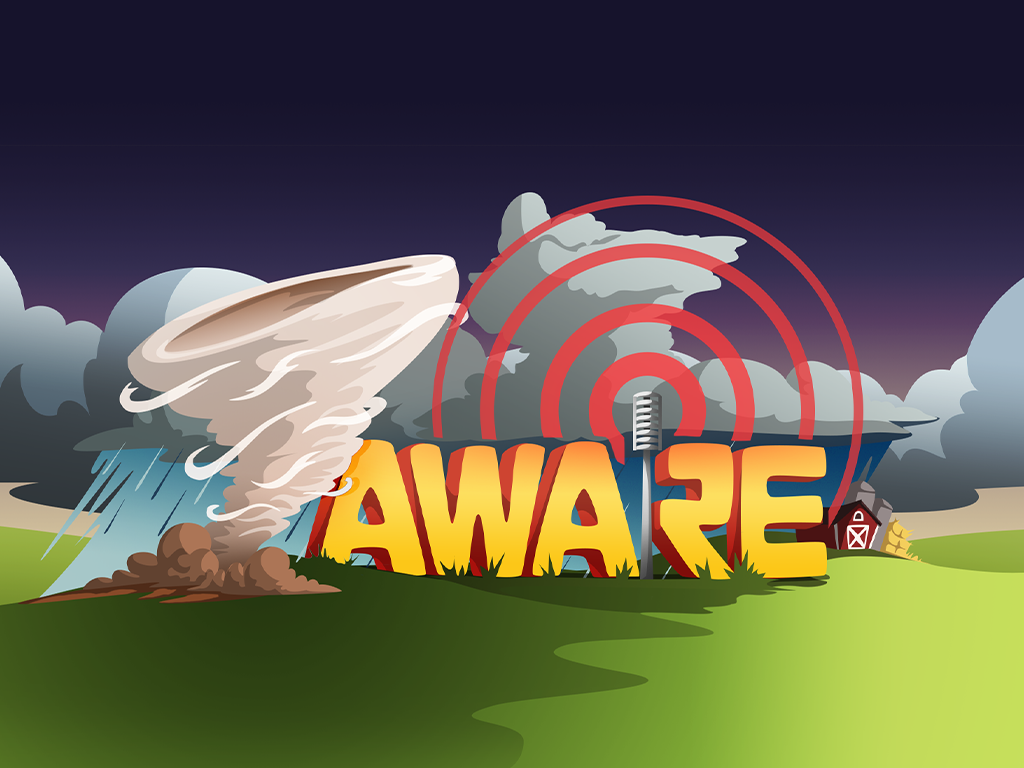 AWARE is an educational game where students learn about weather awareness, STEM careers, and emergency management. AWARE is designed for high school students and aligned with national standards. |
| Game 2 | Be Her Ally (student-created game) 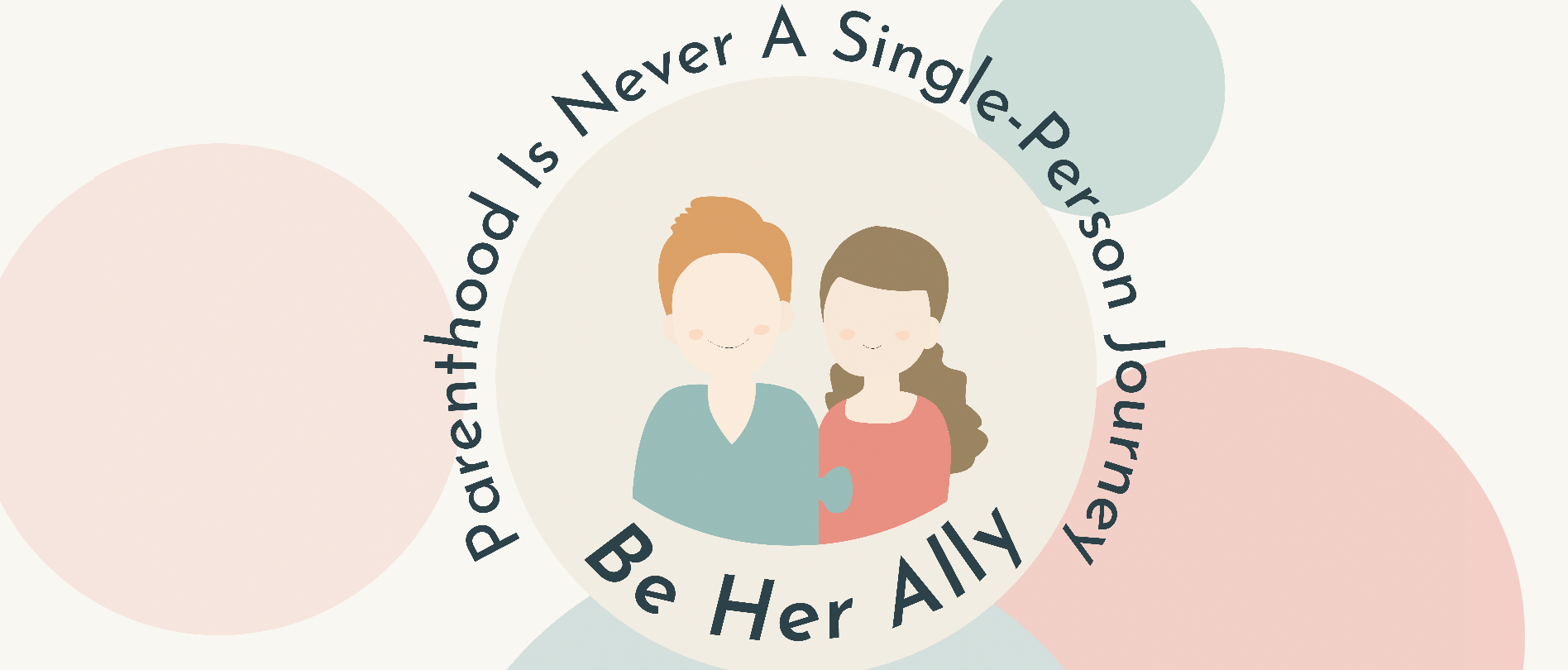 Be Her Ally, a game advocating for family support of postpartum depression. In the gameplay, players will play as the new dad, Jamie, making decisions to balance his life by communicating with different people surrounding him to support his depressive wife, Christie, navigating through the postpartum period. Players must carefully deal with many life dilemmas that have no correct answer while balancing the wellness of family members to get a higher score for a better ending. This game aims to help players be prepared for their mental-healthy parenthood. |
| Game 3 | bioBrittle 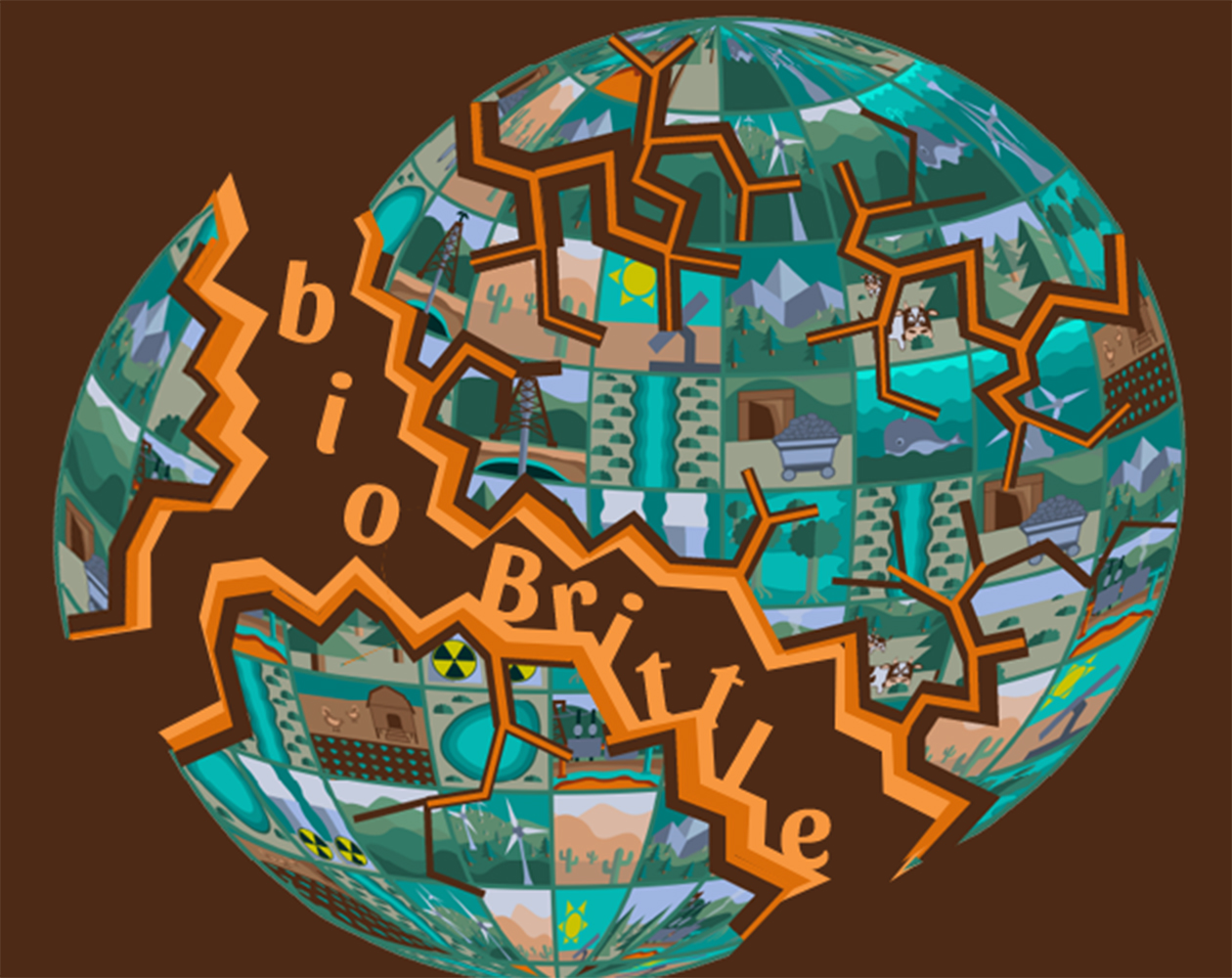 bioBrittle seeks to demonstrate the fragile interactions of a human-centered ecosystem. Place tiles (double tap if on phone, click if on PC) thoughtfully to try to keep the world from collapsing. It demonstrates that we need power and food to survive in the modern world, but nothing we do is without cost. |
| Game 4 | Bloomwood Stories: Block Party` (student-created game) Bloomwood Stories is a digital, visual novel game that aims to strengthen health self-efficacy among members of under-resourced and/or historically marginalized populations. In Bloomwood Stories, players take on the role of community manager, interacting with various community members and making choices about what advice to give and what resources would be most useful to help them to navigate their own personal health challenges.The game provides an opportunity for players both to fully embody the perspective of their player role and to empathize with non-player characters whose circumstances and challenges may be familiar from their own lives. |
| Game 5 | Brain Powered Games Africa 2.0 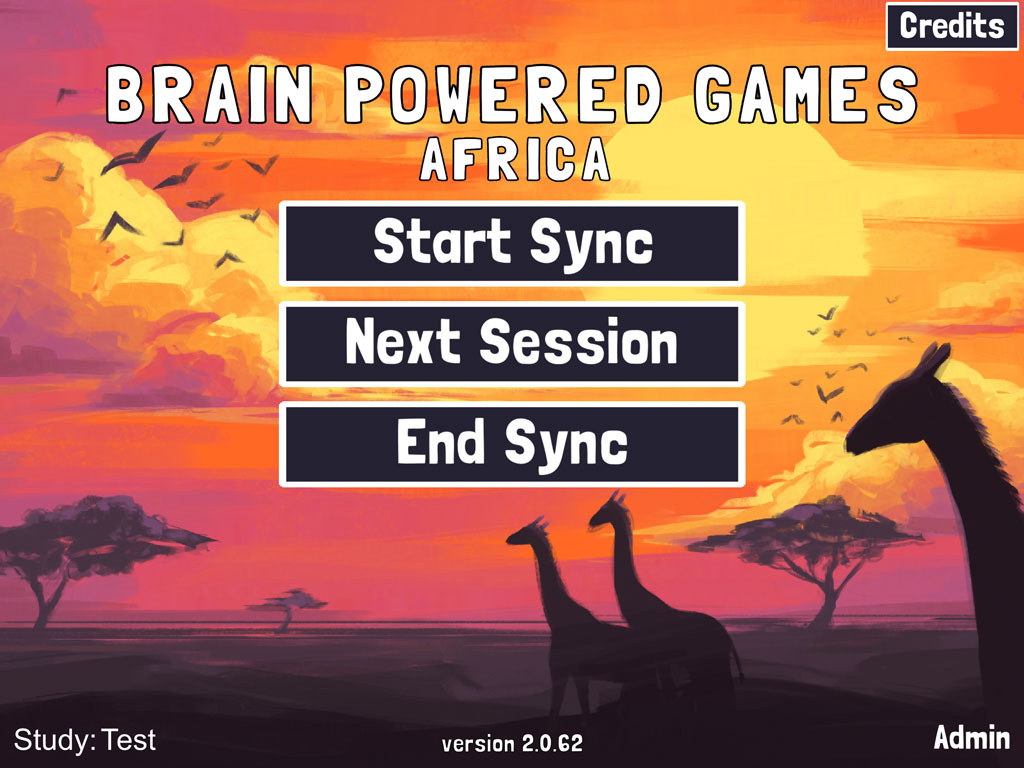 Brain Powered Games Africa 2.0 is a major update to a collection of cognitive games developed for the African context. Working with MSU neurologists and psychiatrists, each game focuses on exercising one or more cognitive abilities, including attention, memory, language, visual/spatial functions, and executive functions.
|
| Game 6 | Canning Season (student-created game) Canning Season is a cooperative multiplayer game created to build player interest in the collaborative food preservation process. The game is designed to be played on three or more network-connected tablets. Each tablet is a different step of the food canning process, and players must work together to preserve as many carrots as possible in the given time. This game was made by Raccoon Hands Productions, an immersive learning class at Ball State University. Canning Season was created for Minnetrista, a museum with historic ties to food preservation and the Ball jar located in Muncie, Indiana. |
| Game 7 | Career Clubhouse 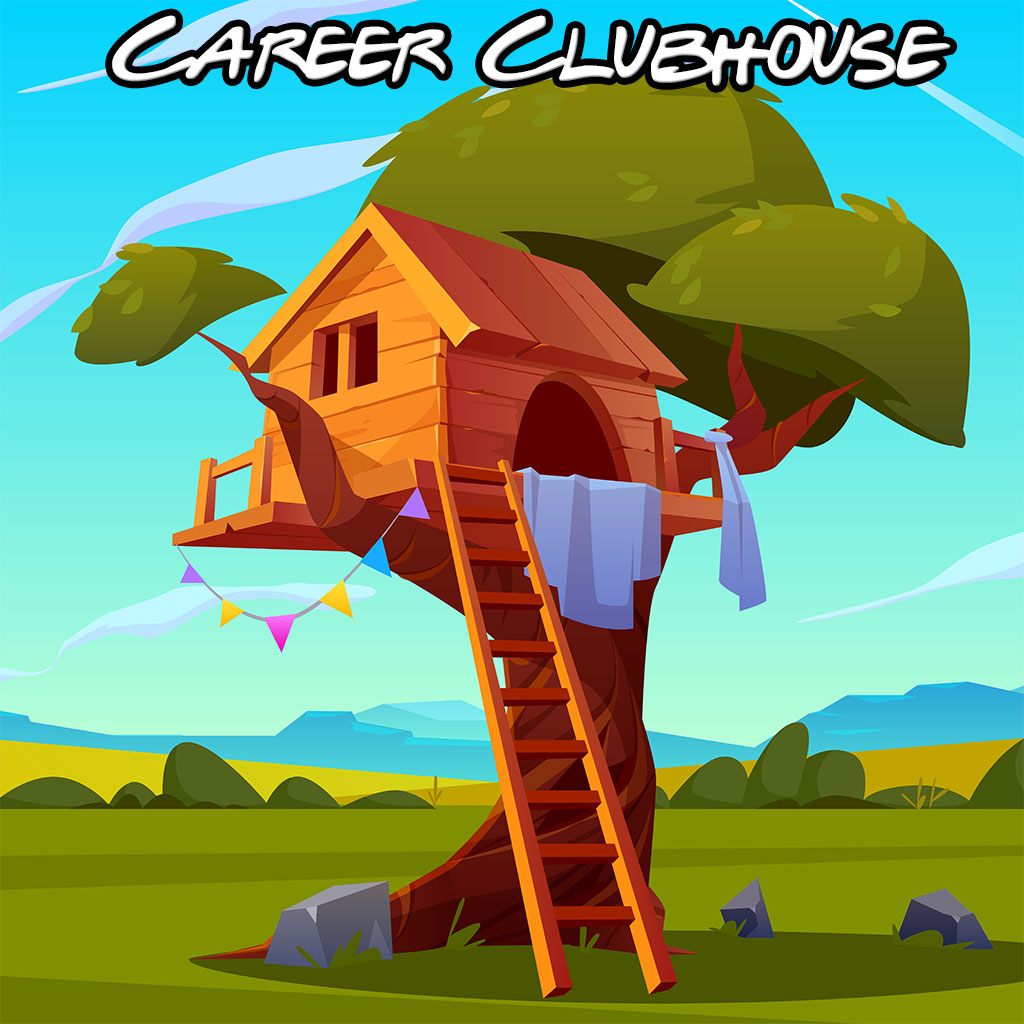 Career Clubhouse allows high school students to explore career options and the resulting life choices and consequences in a fun, immersive VR game. |
| Game 8 | CircuBot (student-created game) 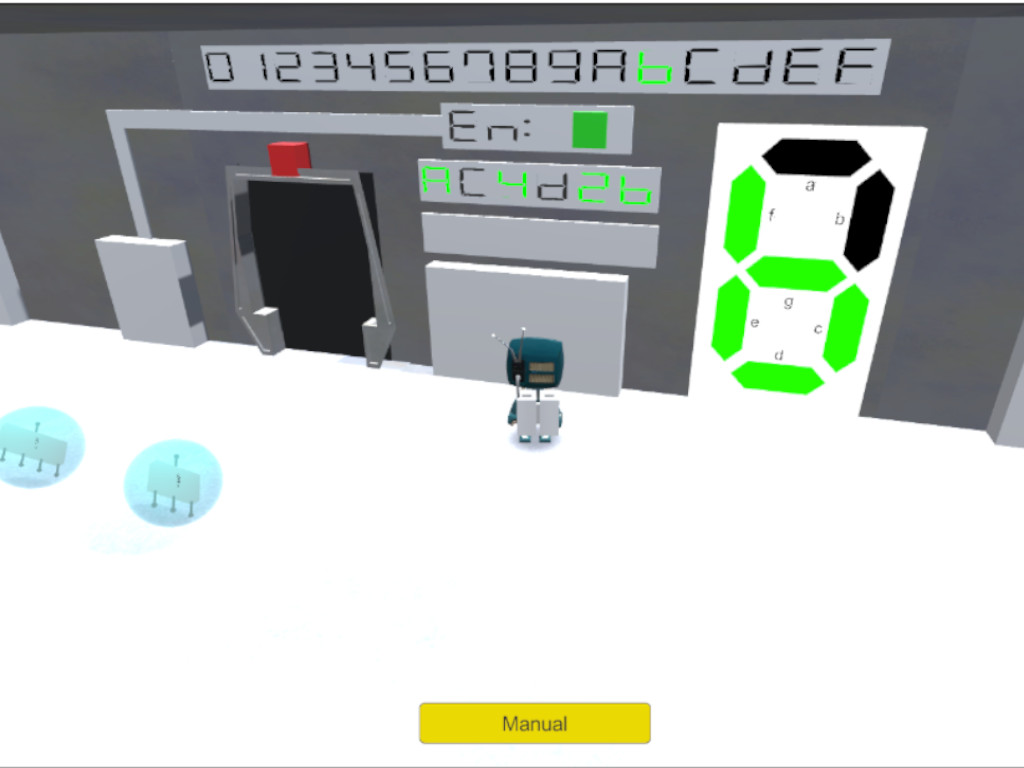 A serious game meant to teach undergraduate students computer architecture concepts. Play as a robot searching an alien ship to obtain its power source. Solve circuitry puzzles and interact with some interesting characters along the way. |
| Game 9 | Closer Than You Know 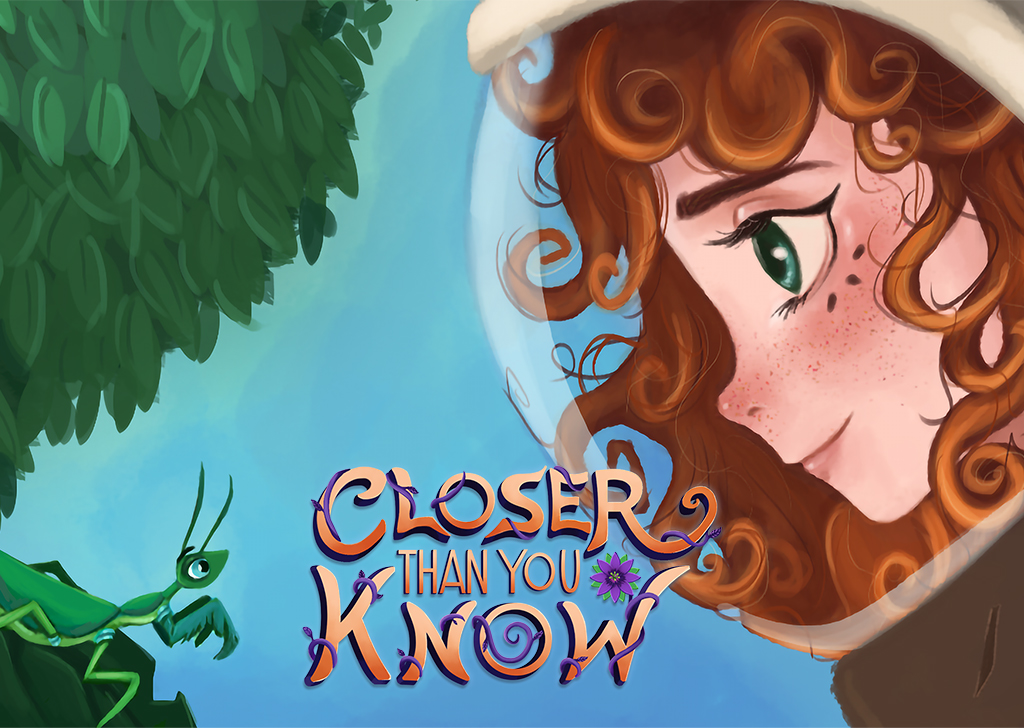 A point-and-click adventure game where you see HOPE as a magic sparkly dust, collect it, and attempt to take it home. How do we restore hope when it seems lost? How do we hope again after experiencing disappointment? Is it worth it to keep hoping when the cost is high? We explore these difficult questions in a whimsical adventure story where Sam leaves her home planet and comes to Earth to find hope, collect it, and take it home. |
| Game 10 | Emotion Situation Game  Therapeutic Game for Social Behavior Transformation of Children with Asperger's Syndrome |
| Game 11 | Ever Forward 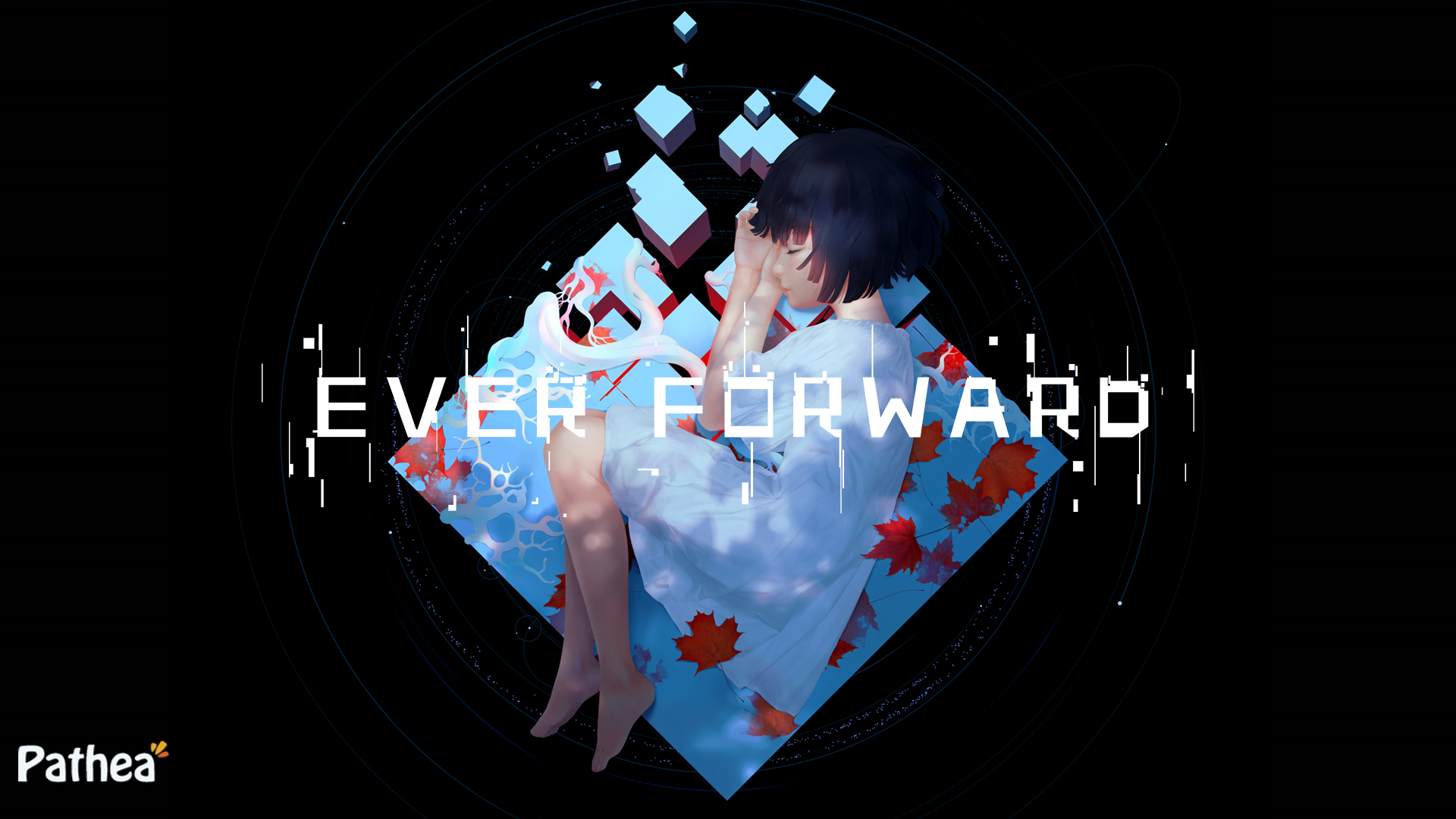 Ever Forward is an adventure puzzle game -- it is the story of Maya. Maya is lost in a strange world somewhere between reality and imagination. She is alone to confront her despair on her journey of discovery, where she must unlock her memories and confront her fears to unravel the secrets of the world. Players will need to use their observational skills and intelligence to solve multiple puzzles to piece together the mystery of Maya's past and what dark secrets she has buried. |
| Game 12 | Field of Cures Version 0-5 Demo (student-created game) 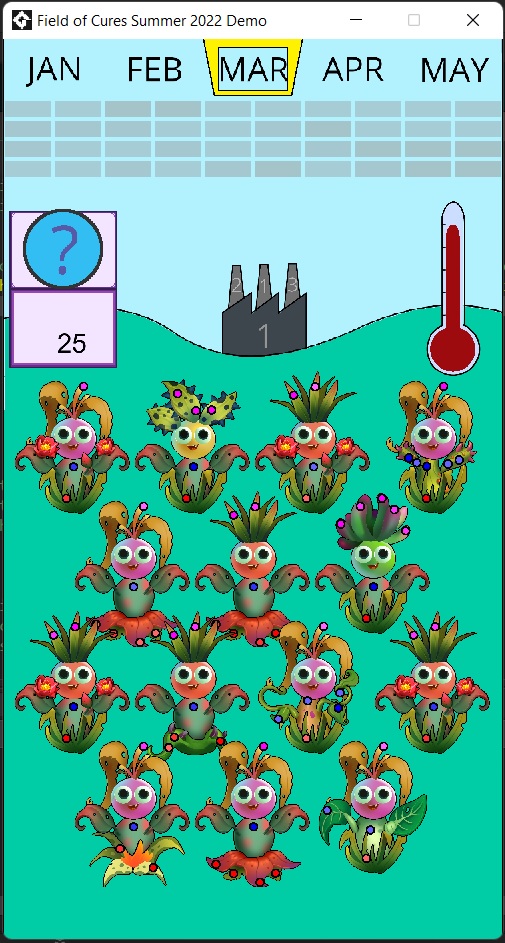 This is a game about cross-breeding plants to produce fruit, while also surviving climate change. Ultimately, this game will be released for mobile phones, so the basic gameplay is simply to tap one plant and then tap another plant to cross-breed the two. Offspring plants inherit half their genes from each parent plant at random, so part of it is luck. Recessive traits can skip generations, which is a core part of the gameplay that you must master. |
| Game 13 | Forest Panic (student-created game) 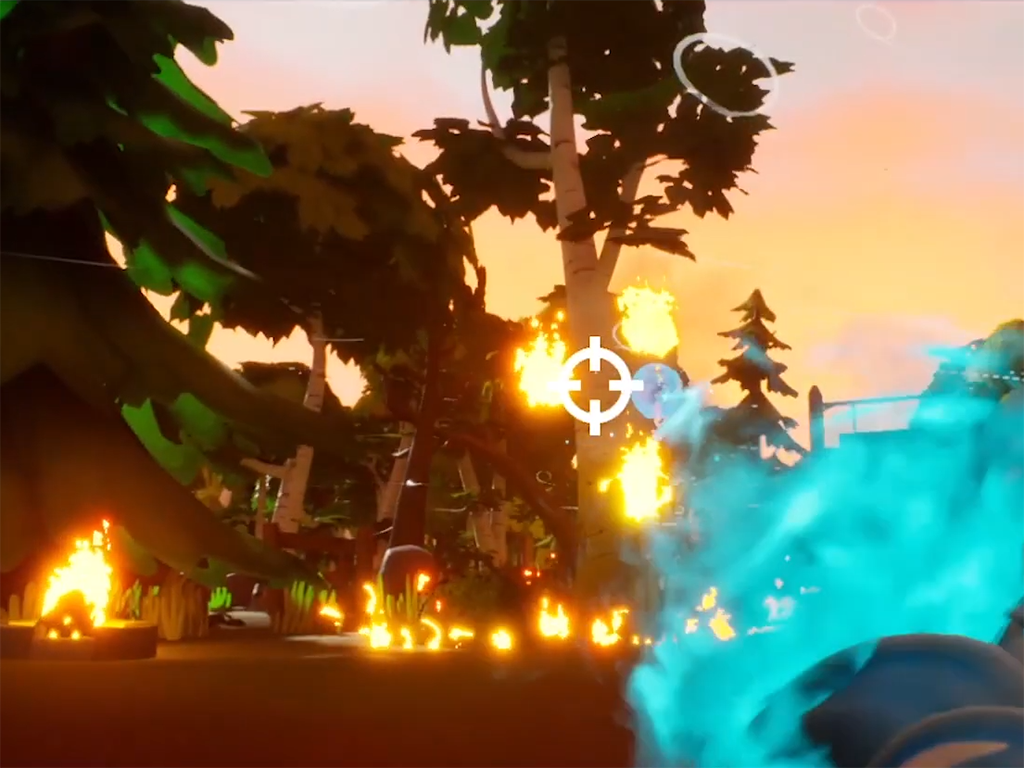 Join our main character, a sympathetic mushroom on his quest to save his home, the forest, from the flames.
|
| Game 14 | for|rest (student-created game) 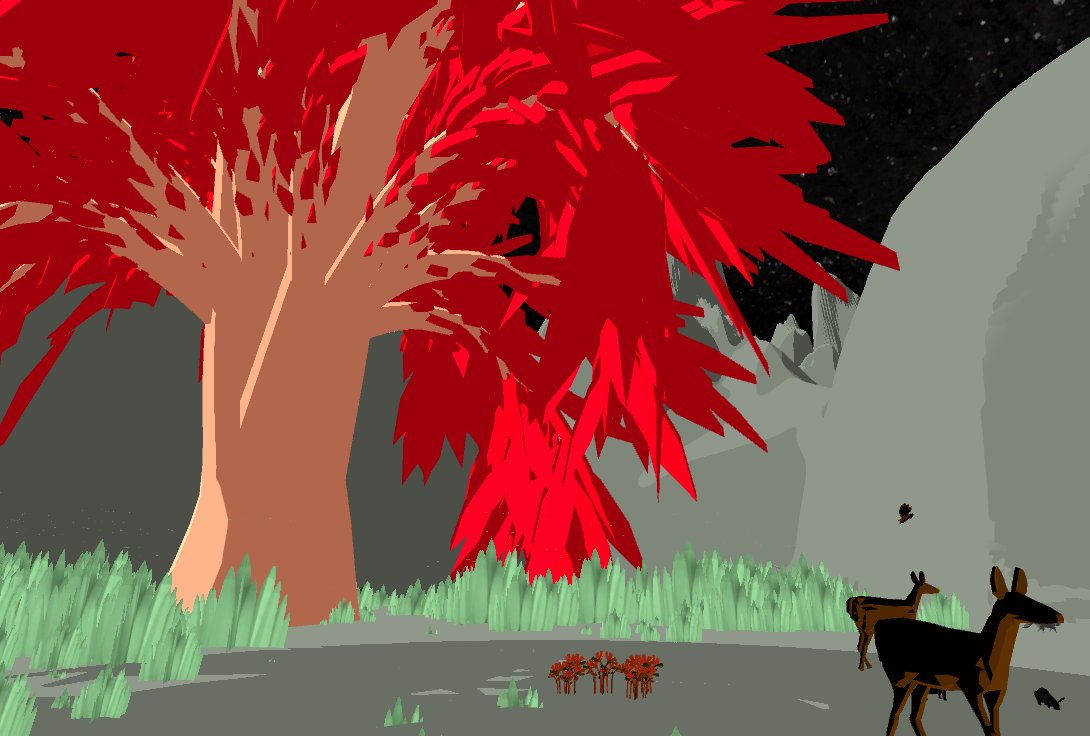 A low-poly walking simulator that puts you into a desolate, fully-greyscale forest that is devoid of life. While moving through this world, you must destroy blinking, disruptive roots that are burdening your path and the space around you. Sometimes these roots spawn new life, and sometimes a human, Charlie, appears. As you play through, the world will gradually saturate and life will begin to populate around you.
|
| Game 15 | Get a Life 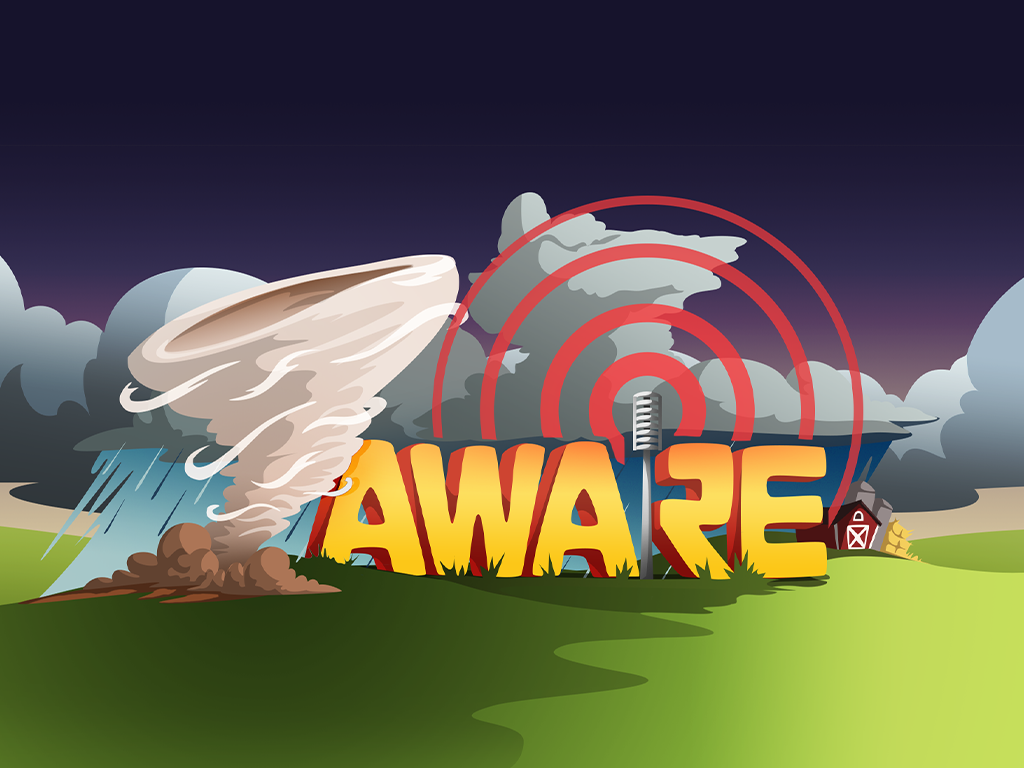 Students are in charge as they help their character "get a life" in this 10-15 minute, narrative-driven college and career awareness game. Get a Life is a playful way for students to learn about the cost of college, the education requirements of careers, how education can affect income, and how to deal with setbacks. |
| Game 16 | Google First Wizarding College 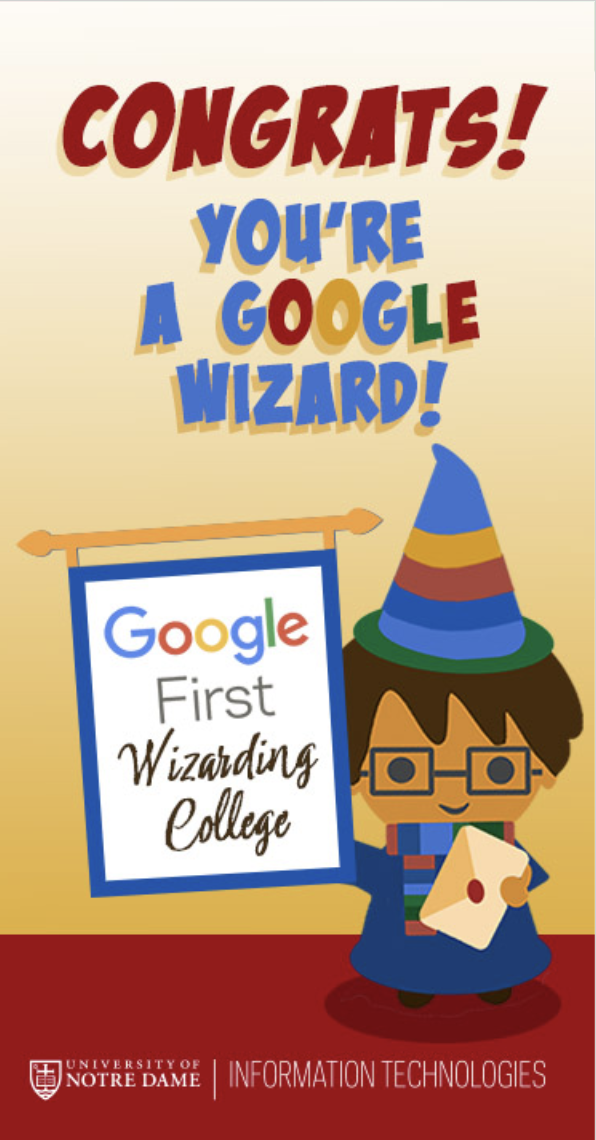 Google First Wizarding College is a magically-themed, gamified, 7-level google apps training course aimed at staff and faculty. Players (wizards!) complete a series of tasks in each level at their own pace, taking the humorous open-book "quiz" as they do so. |
| Game 17 | Hedge Hug (student-created game) Hedge Hug is a 2D narrative-driven single-player adventure game that explores low self-esteem and social anxiety issues. |
| Game 18 | Hospital Havoc (student-created game) 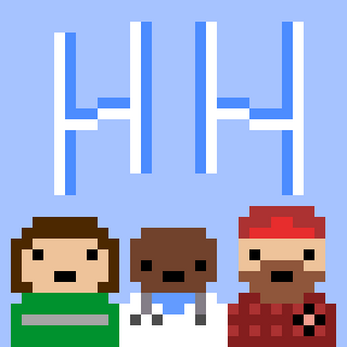 This is a one-player game featuring a frontline hospital worker during the height of the COVID-19 pandemic. The player must decide whether or not to accept or reject visitors to the hospital-based on information about visitors that are presented on a card. The goal of the game is to successfully manage the reception desk of a hospital for a total of five days while balancing out your own sanity, professionalism, the hospital emergency level, and the hospital's capacity.
|
| Game 19 | Investment Runner  Embark on your Wild West journey into learning about investments, the stock market, and trading in Investment Runner. Grow your brokerage and help your clients grow their wealth as you run from town to town, avoiding the hazards of the American frontier. The game is 100% free-to-play (with no in-app purchases). The game is developed by the Games for Entertainment and Learning (GEL) Lab at Michigan State University and supported by the Michigan State University Federal Credit Union. |
| Game 20 | Island Saver 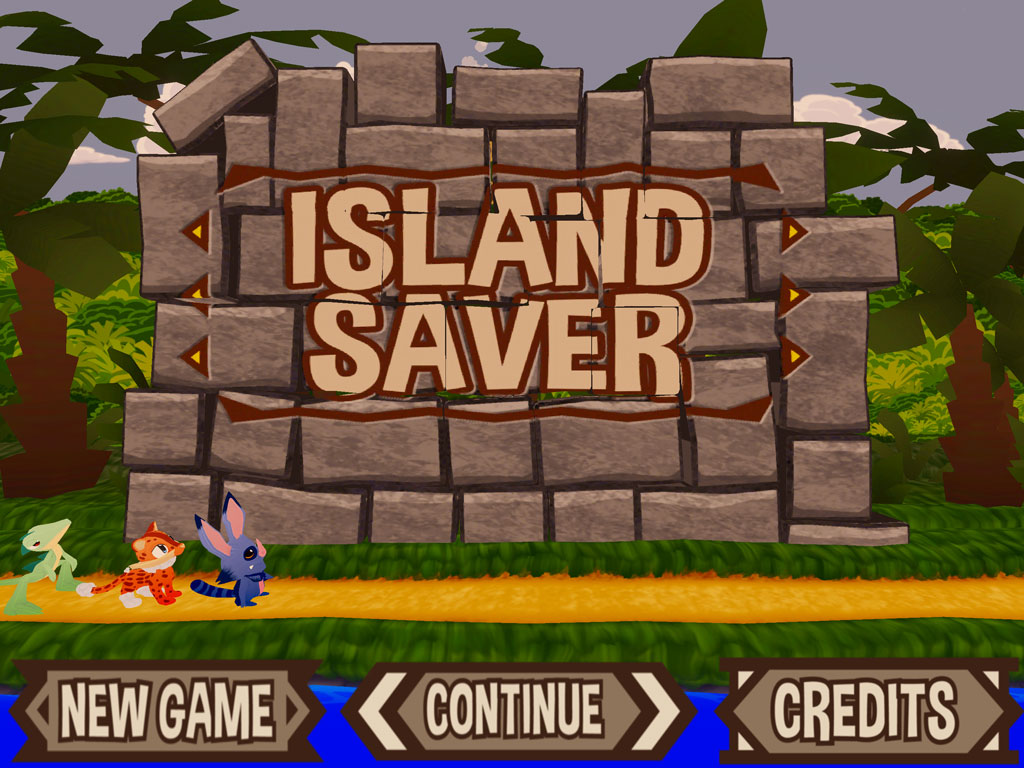 Island Saver is part endless runner, part strategy world builder, and a wealth of island fun! Learn the benefits of savings and interest as you embark on this epic adventure to save the island inhabitants from the erupting volcano. The game is 100% free-to-play (with no in-app purchases). The game is developed by the Games for Entertainment and Learning (GEL) Lab at Michigan State University and supported by the Michigan State University Federal Credit Union. |
| Game 21 | It Comes In Waves 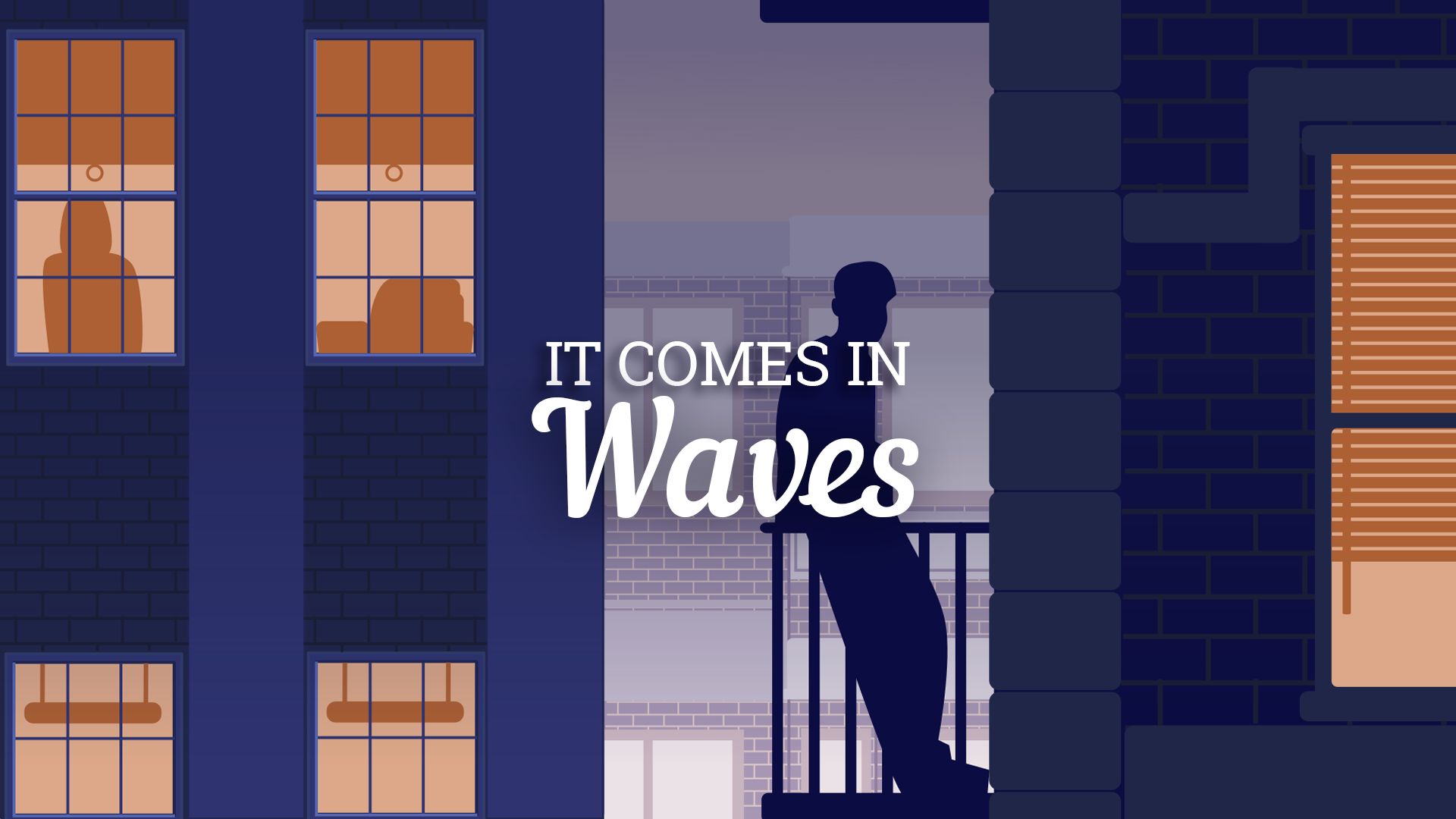 It Comes In Waves follows the story of Beattie, a caregiver who works between two long-term care facilities, Innis House and Meadowvale. Beattie is not a specialised healthcare worker, but someone who ensures general care, food, and socialisation with clients. The player's tasks include cleaning the facilities, delivering meals, answering phones, and checking in on residents. The game takes place over the first four months of the pandemic, exploring the shifts in discourses and protocols around work expectations as each month ticks by. It examines the anxieties of managing risk in our participation in public life, for example, when we have to go out to retrieve groceries or prescription medication, potentially being confronted by individuals who refuse to wear a mask or socially distance, or peddle the belief that the pandemic is a global conspiracy.
|
| Game 22 | Legend of the Lost Emerald 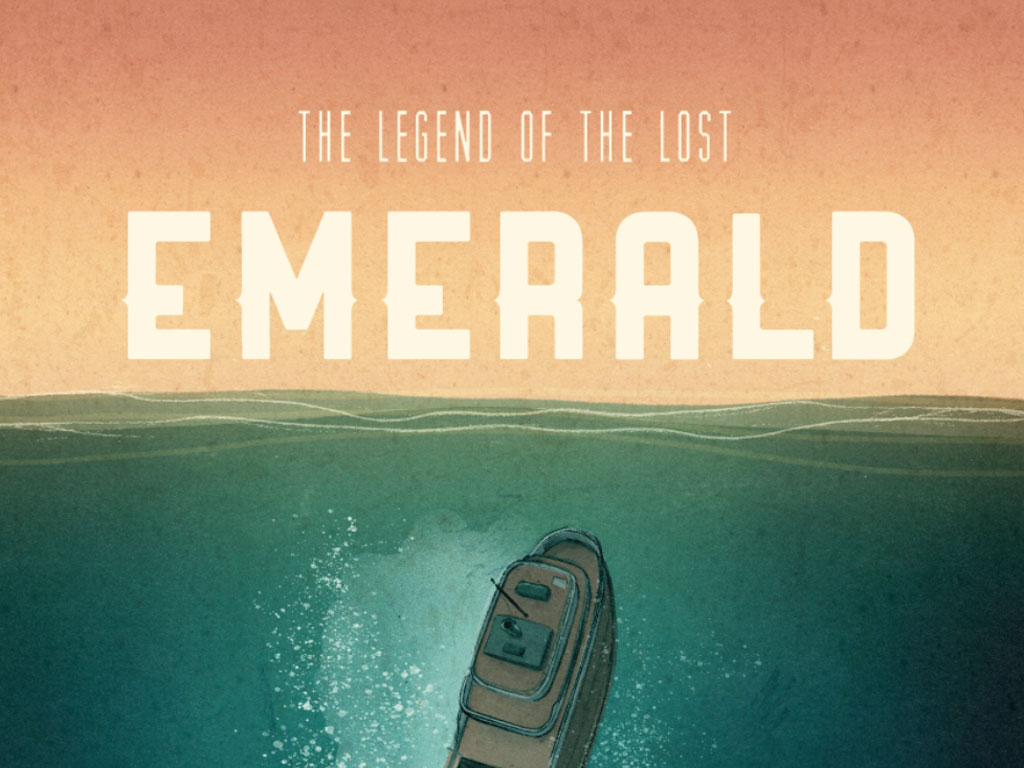 In Legend of the Lost Emerald, kids take on the role of maritime archaeologists exploring shipwrecks on the Great Lakes. Like real archaeologists, players use sonar and GPS coordinates, dive down to take underwater photos, and search for clues in historical artifacts, like letters and ship manifests, to tell the story of each shipwreck. We teamed up with maritime archaeologists at Wisconsin Sea Grant and amazing teacher fellows from across the state of Wisconsin to design a game that works in the classroom and introduces kids to the tools and practices of the field. |
| Game 23 | Little Nemo and the Nightmare Fiends 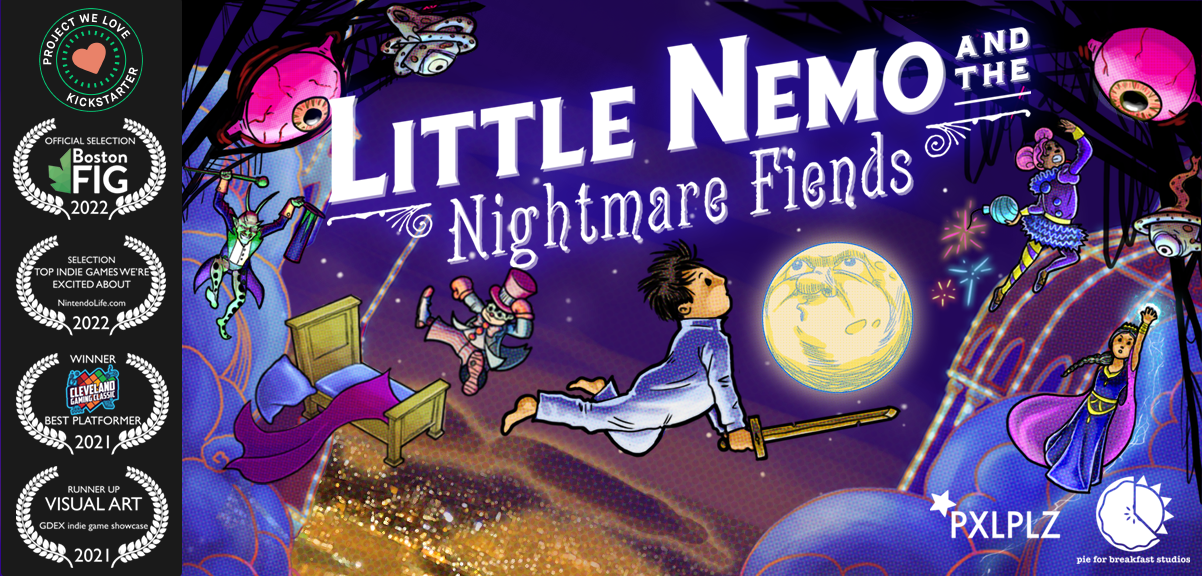 Little Nemo and the Nightmare Fiends is a commercial-style video game produced with the goal of critically interpreting the work of animation pioneer Winsor McCay (1869-1934) through animation and gameplay that influence one another to create a meaningful whole. The game's production follows the established art practice of recreating and remixing public domain works as a means of critical interpretation. Nightmare Fiends integrates hand-drawn keyframed animation based on techniques used by McCay, and explores his work, and Little Nemo in particular, in three critical areas:
Games in the artgames or "serious games" spheres have attempted this before, but Nightmare Fiends is one of the first to explicitly do so in a commercial-style game where the art direction is treated as the critical tool and game mechanics are adopted that are made to be accessible to a wide audience. Through this exploration, it is hoped that frameworks for using art production and animation may be adopted in addition to dominant ones focused on game mechanics. The consumer-facing summary is as follows: Little Nemo and the Nightmare Fiends is a non-linear platform jumping game with hand-drawn animation, based on the original 1905 Little Nemo comics by Winsor McCay. Players take on the role of Nemo, a 7 year-old boy who explores the magical world of Slumberland when he goes to sleep. Slumberland has been invaded by the evil Nightmare Fiends, and the royal family has summoned Nemo back after a long absence to prevent nightmares from ruling dreams forever! Luckily, Nemo can call upon his friends - the Princess of Slumberland, Flip the mischievous clown, and Peony the Royal Guard - to help him reach new areas with their distinct powers. Swapping between characters can occur at any time, allowing players to create powerful platforming combos! State of the project: Information on the project can be found at www.LittleNemoGame.com The game is currently (at the time of this submission) in a pre-alpha state, mainly consisting of the playable characters' primary movement and a large obstacle course level for players to explore. Features will be continuously added to the demo as they are developed with a full alpha (all the in-game features finished) targeted for Fall 2022. |
| Game 24 | Mad Mixologist  Mad Mixologist is a collaborative augmented reality game where two players must work together to create a real-world drink. Both players in the game wear customized AR headsets that have been modified to provide instructions for creating the drink while displaying video from the front of the other player's headset. I.e., each player is shown video of themselves from the other player's camera/view (swapping perspectives). Not only are the players' vision swapped, but they also have to pour, mix, and garnish drinks in the real world--resulting in a messy, challenging, entertaining, and wholly unique alternative controller game spectacle.
|
| Game 25 | Marinated Guide to Game Making (student-created game) 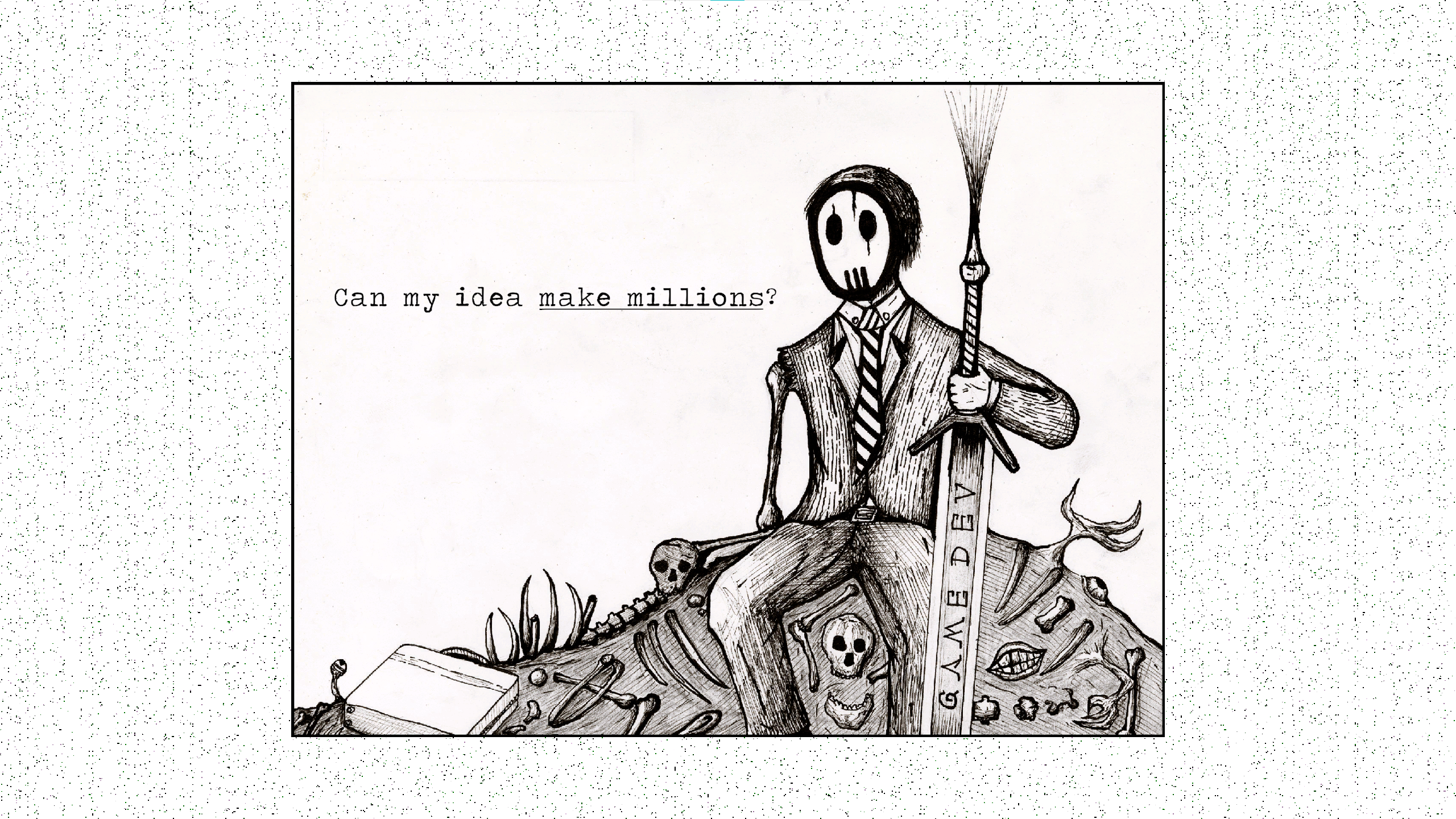 A marinated guide to game-making to help those in need.
|
| Game 26 | Mountains after Mountains (산 넘어 산)  Mountains after Mountains is a Virtual Reality (VR) experience designed for individual "invited" guests. It centers Ginther's autobiographical account of her illegal abortion in South Korea in 2013. Ginther originally wrote the text in response to a 2019 rise in US legislation that limited reproductive rights. It is equally pertinent today. At the time, a major social media narrative claimed that adoption is a legitimate alternative to abortion, and Ginther responded by sharing her own experience of having an illegal abortion as an adopted person. She articulates her solidarity with her Korean mother's hardship and emphasizes the capitalist and patriarchal forces that limit the choices they could both make regarding their bodies. The performance is part sung and part spoken in rhymed iambic pentameter verse. The experience (10-12 minutes) incorporates live action elements filmed in volumetric video and photogrammetry, and animation created by Korean American adoptee Leah Nichols. Mountains After Mountains bridges VR and theatre, and is organized around four acts that lead the guest through a seemingly innocent children's song about a mountain bunny looking for chestnuts to a song of grief that is a way of honoring the struggles that generations of women continue to face (mountains after mountains).
|
| Game 27 | Old Streets Adventure at the Grand Rapids Public Museum (student-created game) 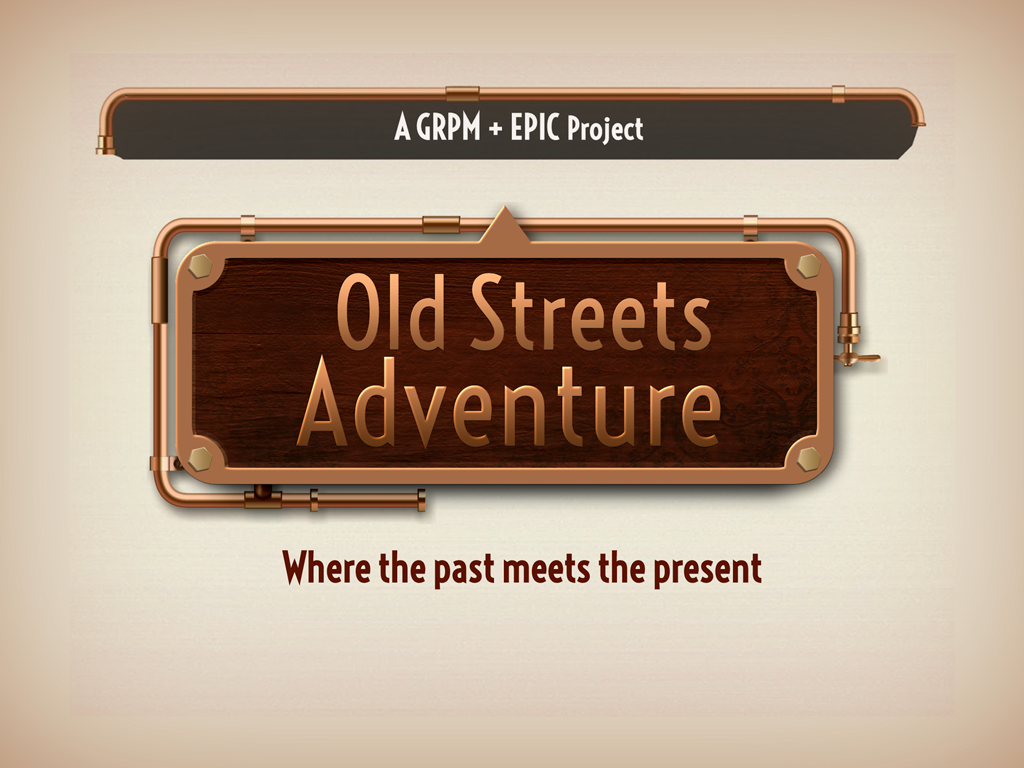 Old Streets Adventure is a live action role playing game that integrates augmented reality. It was created for, and in, collaboration with the Grand Rapids Public Museum. And, imagined and produced by college students in Kendall College of Art and Design of Ferris State University's Digital Art and Design program as part of The EPIC Project. It's a combination role-play, puzzle, & scavenger hunt game that fills the Old Streets exhibit in the museum with historical figures from the era via augmented reality. It provides an opportunity for participants to role play as characters from the era, and Includes important minorities and women from Grand Rapid's history. The gameplay integrates universal design principles, and a standards-driven educational experience. Old Streets Adventure is Currently played regularly by full classes of 4th and 5th grade students in the museum's week-long educational Immerse Program. |
| Game 28 | Otogarden 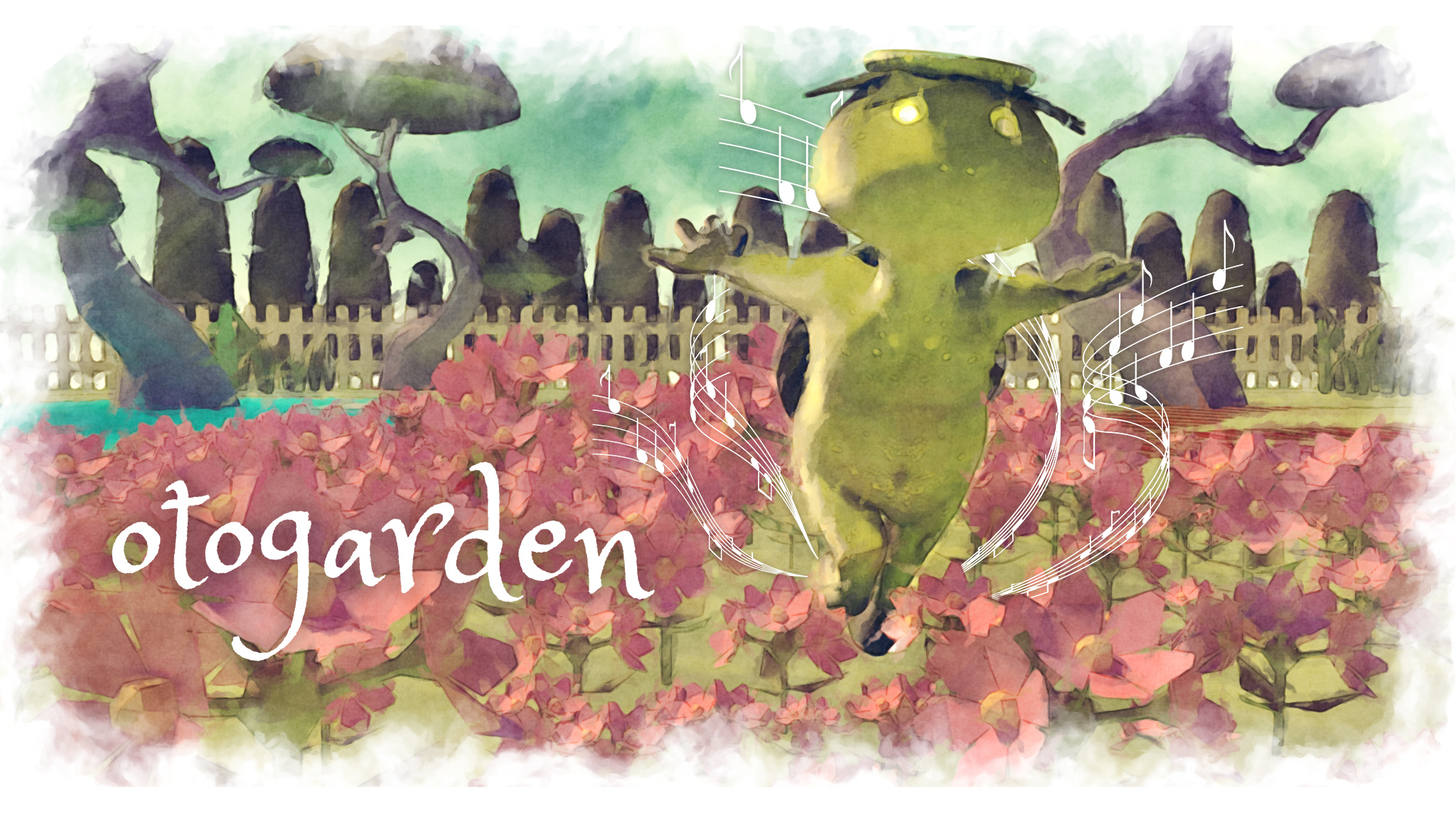 OTOGARDEN
|
| Game 29 | Play the Knave In this Windows-based game played via the Kinect motion-sensing camera (mixed reality version) or via headsets (virtual reality version--in beta), one to four players engage their voices and physical movements to animate avatars in a digital theater production. Knave is preloaded with scripts of scenes from Shakespeare's dramas or players can use an online tool we developed, Mekanimator Scriptmaker, to write and upload a script of their own making. Once the script has been selected, players navigate a menu system to design their virtual theatre production by choosing from among a range of costumed avatars, theatre stage models, and background soundtracks. Players then perform the script they have selected karaoke-style using the scene assets they have selected. As players read out their lines, which appear on the screen, they move their onscreen avatars with their own bodies: the motion sensing hardware captures user-generated skeletal data and maps it onto 3D avatars. This enables the avatars to mirror players' movements in what feels like real time. As players perform, their voices and the movements of their avatars are recorded, resulting in an animated short film that can be viewed, shared, or edited. In effect, players create for themselves and most often for an audience as well two performances simultaneously, one physical and one virtual.
|
| Game 30 | Poor Not Guilty: Fines and Fees Challenges  The Poor Not Guilty: Fines and Fees Challenges are a series of interactive scenarios that highlight how fines and fees for petty offenses create impossible situations for those experiencing poverty and/or homelessness. Each scenario asks the player to make a series of choices in response to an inciting circumstance with the goal of escaping the cycle of financial punishment in which they are trapped. |
| Game 31 | Quantum 3 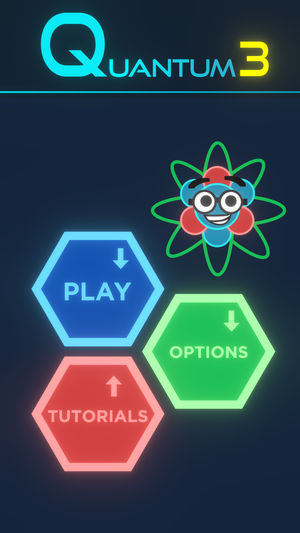 Quantum 3 is an educational match-3 game for all ages where fun meets quantum physics!
|
| Game 32 | Salmon Run  Salmon Run is an educational game aimed at teaching scientific concepts to middle and high school students. Students learn general principles of ecology, population genetics, evolutionary biology, and environmental management in the context of salmon biology. Game play is a variation on tower defense games; players can deploy anglers, rangers, dams, and fish ladders, all of which change the ability of salmon to run upriver to spawn. A non-player-deployed tower, a sea lion, will appear a few turns after placement of a dam & fish ladder. Turns correspond to a lifecycle, and each turn covers adult salmon returning to river spawning grounds. Good tuning of numbers of towers allows students to find where "maximum sustainable yield" of salmon occurs. Bad tuning... well, it is relatively easy to make the salmon population go extinct. Our game prototype has been tested in 8th grade science classes to teach about the effects of selective pressure on changes in the distribution of size of the adult salmon, as well as skills of data collection and charting to help the students see the effects of selective pressure. |
| Game 33 | Temple of Starlight (student-created game)  Temple of Starlight is an abstract first-person puzzle game with a unique striking retro visual style. You use lights and colors to progress through a multitude of levels posing a variety of mechanics and challenges. The game lets you explore an ancient temple along with its forgotten history, and make decisions along the way on how a civilization deals with the depletion of its most crucial resource. |
| Game 34 | The ROV Game (student-created game) 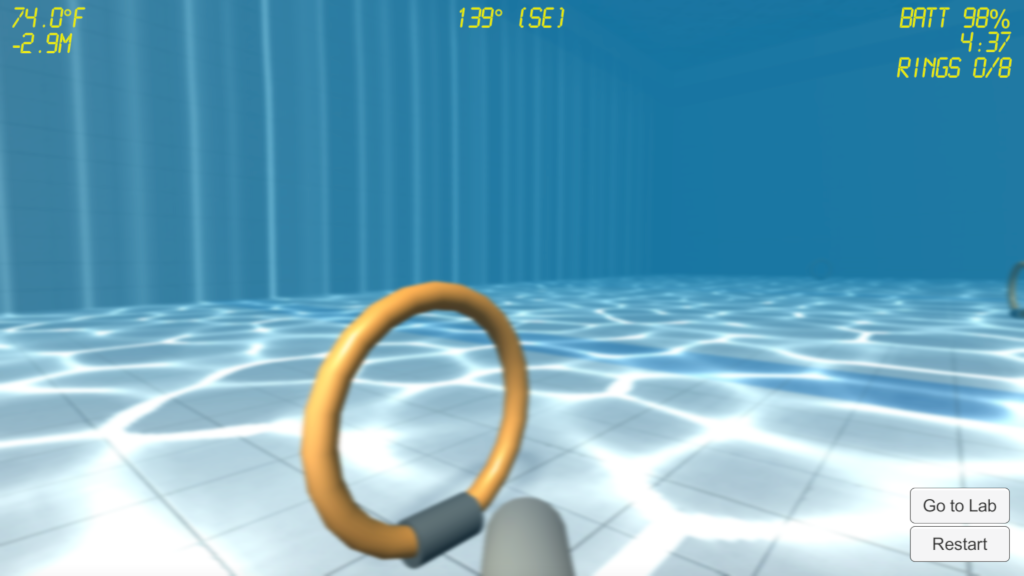 The ROV Game is an educational game to introduce middle and early high school students to the process of engineering design and iteration by building and piloting underwater Remote Operated Vehicles. Essentially, it's Kerbal Space Program with underwater robots.
|
| Game 35 | Trans Folks Walking  Trans Folks Walking is a 3D, first person narrative game made with Unity that explores experiences of trans embodiment, being, and mobility. The game currently puts players in several situations drawn from the experiences of trans folks in contemporary America, ranging from the everyday such as using the bathroom through the particular such as being trans in a Christian church. The game creates space for trans folks to share their stories and for players to experience small parts of what it means to be trans. The game is intentionally designed as an anthology of short experiences that will grow in collaboration with trans people and their communities. |
| Game 36 | Village Builder 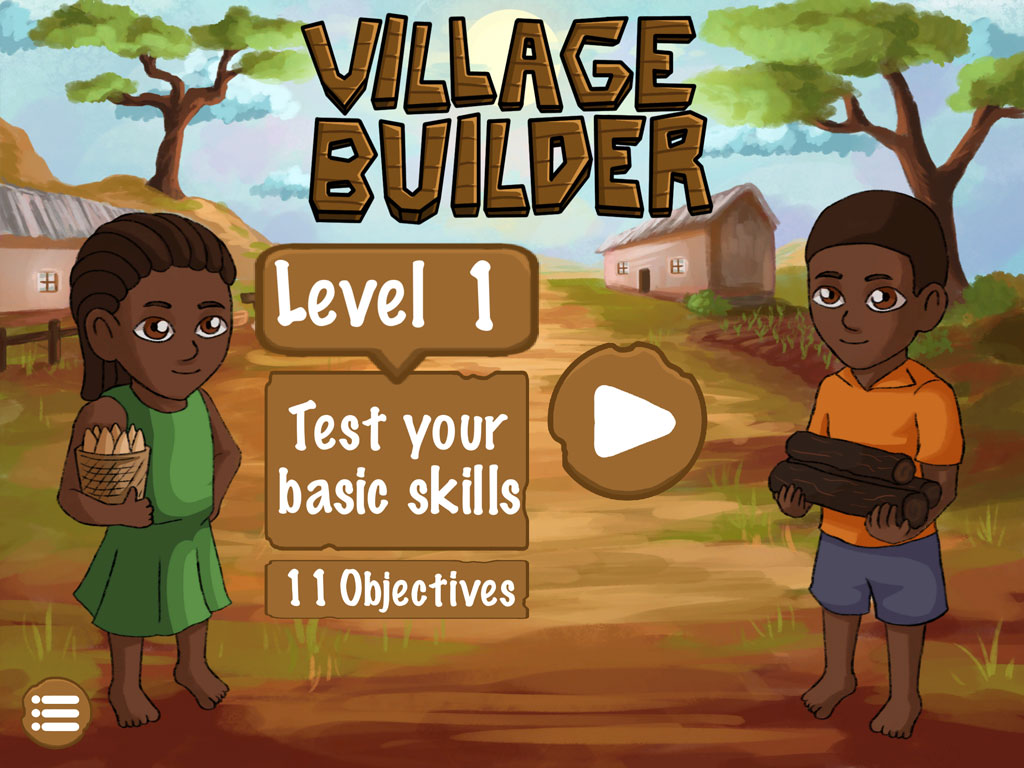 Village Builder is a prosocial game of reasoning and planning for school children in Sub-Saharan Africa. The game is part of a suite of cognitive training games. |
| Game 37 | Walden, a game EDU 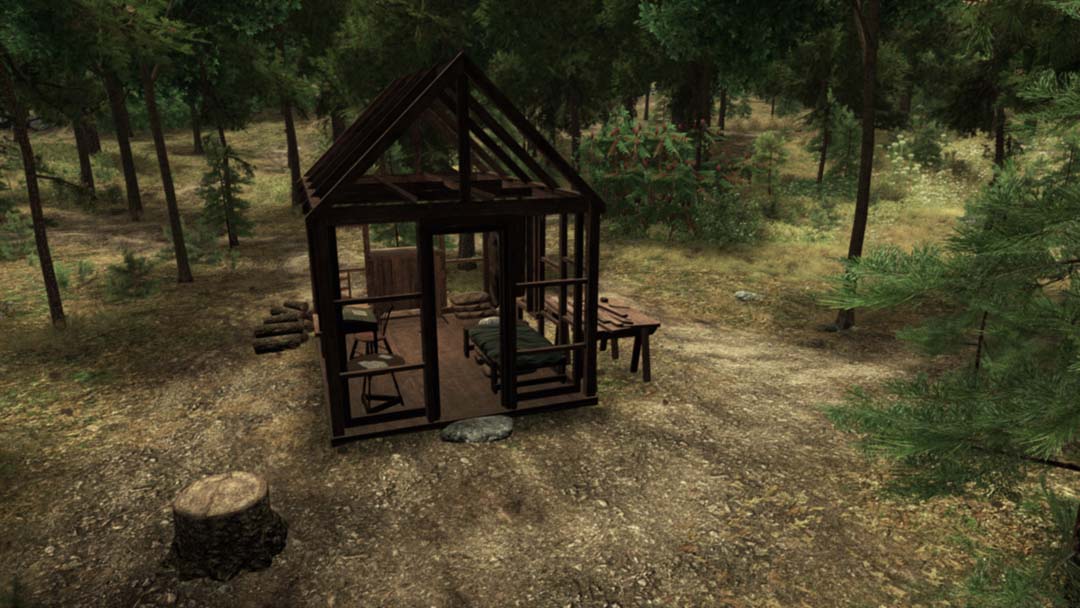 Walden, a game, EDU adapts the widely acclaimed experimental game based on Thoreau's Transcendentalist masterpiece as a set of games-based learning modules with integrated standards-based curriculum in ELA, Social Studies, Social and Emotional Learning, History, Civics, and Environmental Science. Created in collaboration with teachers, students, content advisors, games-based learning experts, and evaluators, Walden, a game EDU is a model for online and hybrid games-based learning experience in the humanities. |
| Game 38 | WordFlower WordFlower: A New Spin on Deductive Word Puzzles
|
Exhibited Non-Digital Games | |
| Game 1 | +PlusOut!! Battle Points 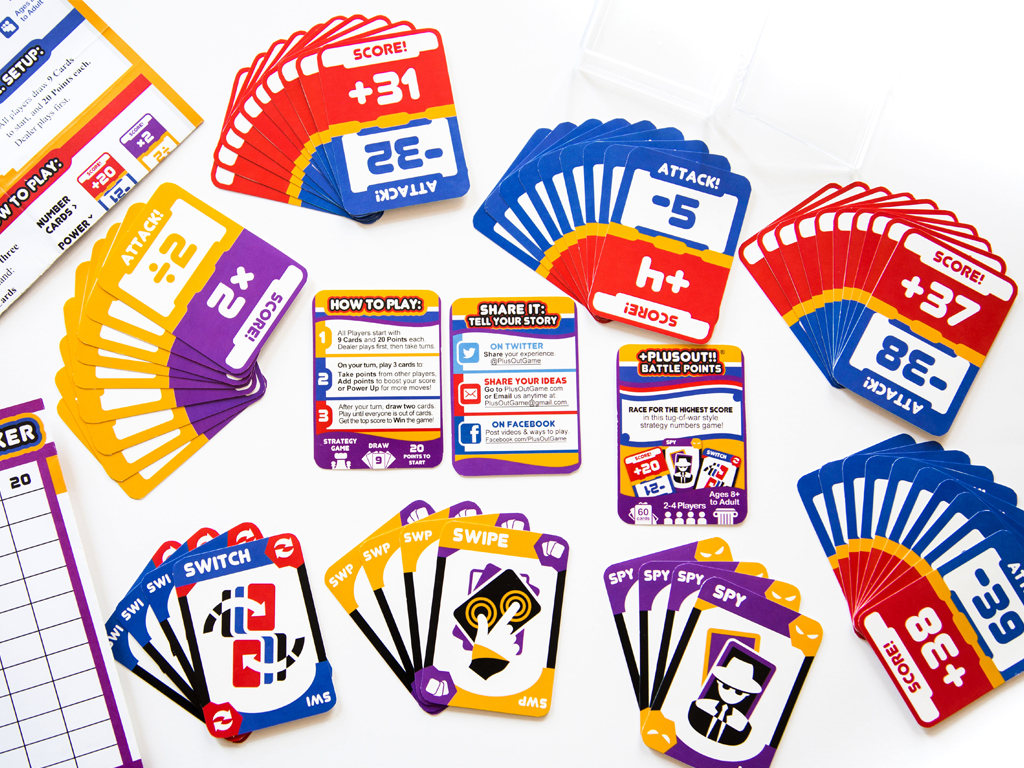 +PlusOut!! is a brain-training strategy numbers game designed to boost your math skills through play! Built for 3 to 4 Players along grades 2 to 4. Battle for 200 Points by snagging cards, spying hands, and swapping moves as you subtract, add, multiply and divide points against other players. Players improve their math skills through a social, shared self-motivating competitive experience they can return to without a teacher.
|
| Game 2 | Creative Dying Card Game 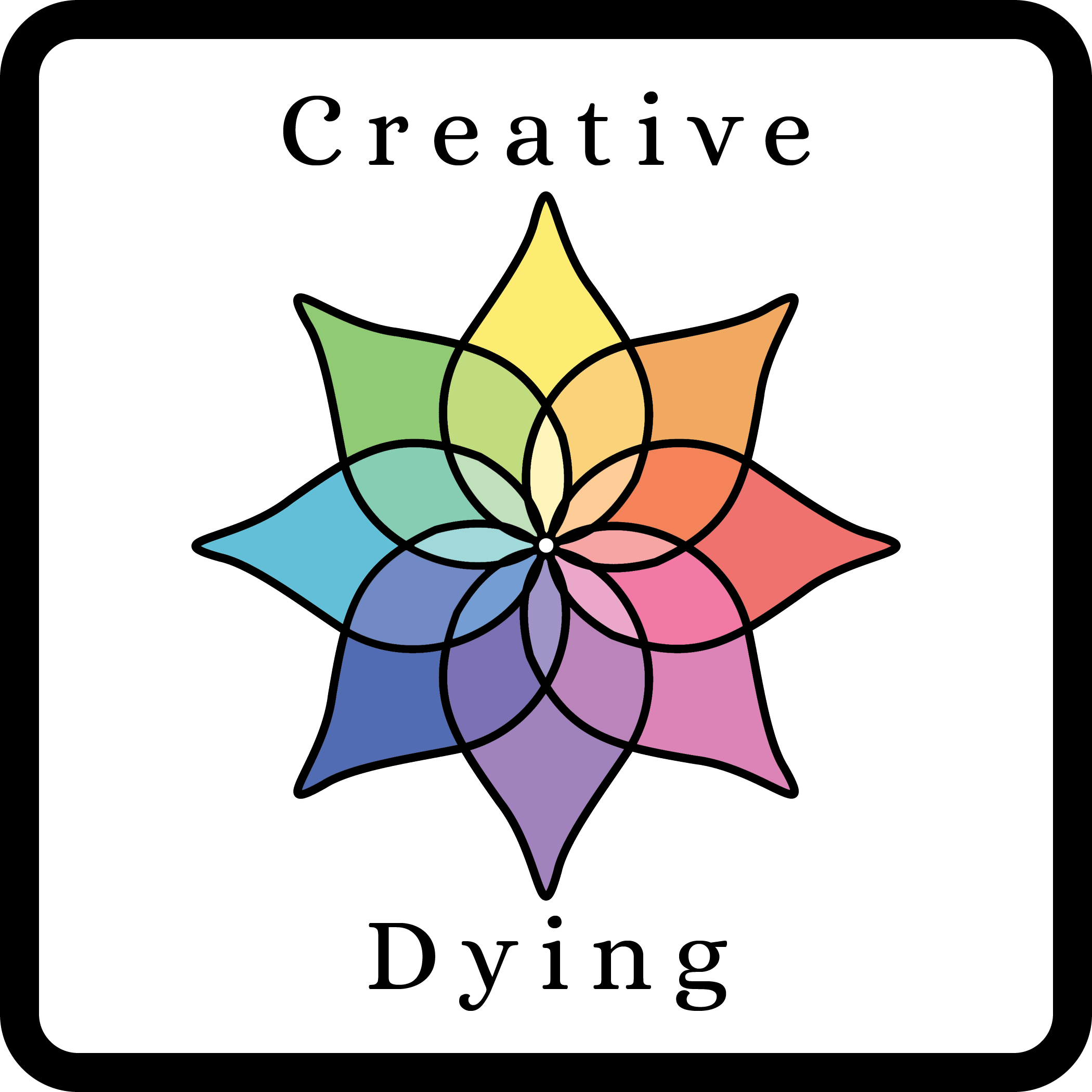 Creative Dying is a conversation card game with the intention of offering a low-stakes, accessible way to have meaningful conversations about life and death, with ways to play in person and remotely over video chat. Although we often avoid conversations about death, talking about this topic can be liberating, important and practical.
|
| Game 3 | Land to the Tillers! (student-created game) Land to the Tillers! is a 3-6 player cooperative, deck-building legacy game set against the backdrop of capitalism's rise during the 'long' 16th century of western Europe. Battling witch-hunts and land privatization in the English county of Essex, players struggle to survive and protect the commons against the rapid progress of capitalist development. |
| Game 4 | Lizards and Lies (student-created game) 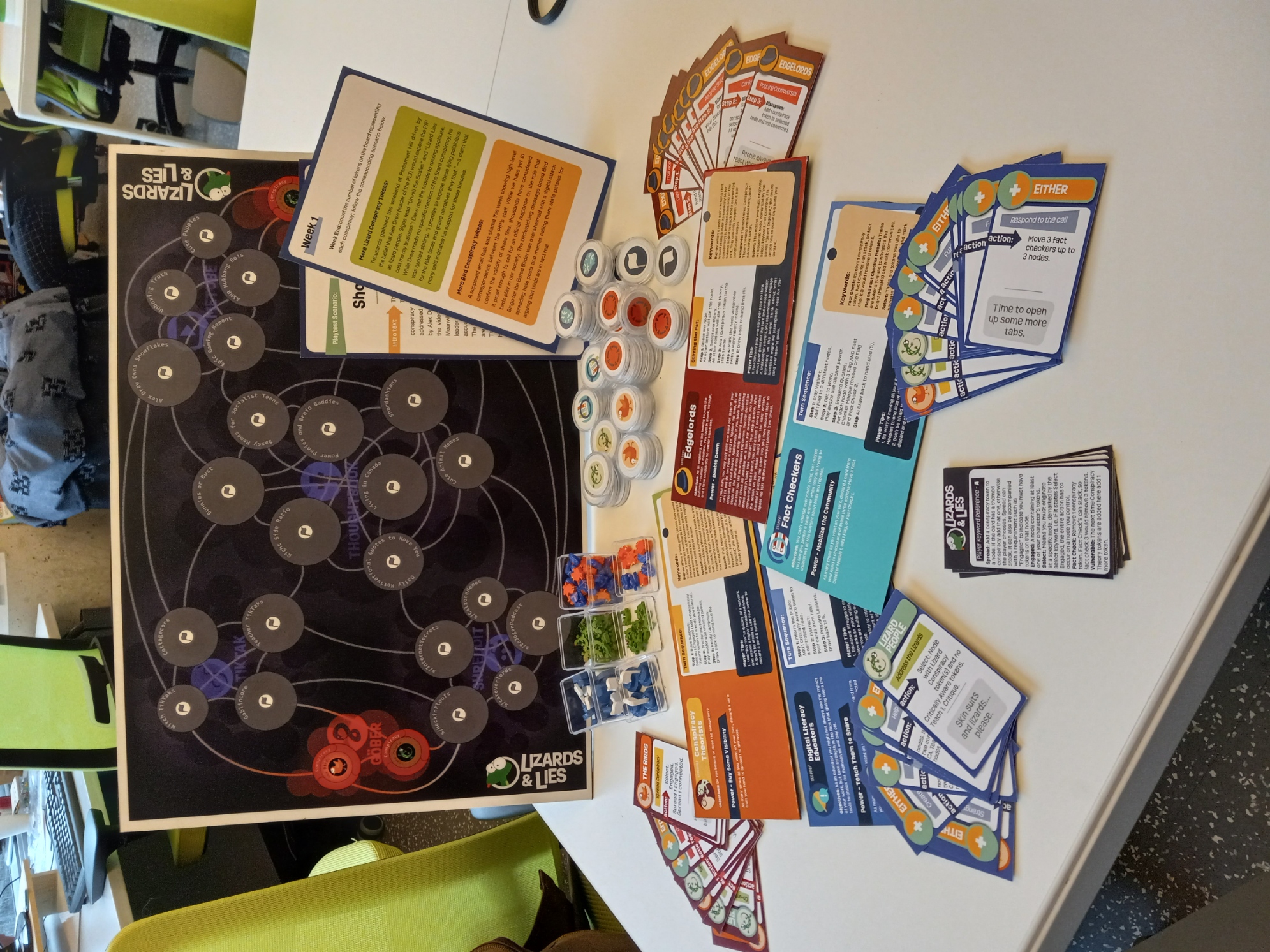 Lizards and Lies is a board game designed to model and create discussion about the spread of conspiracy theories on social media networks. Players take the role of either a Spreader (Conspiracy theorists and Edgelords) or a Stopper (Content Moderators and Digital Literacy Educators) with the goal of spreading ridiculous theories or trying to stop them from gaining ground. The game functions as a competitive two player version and a four player semi-cooperative version. Through play, participants will see how conspiracy interacts with a national event to gain ground, engage with algorithms, and spread lies. Players take the role of characters in a social media network to create chaos or stop it from happening in back and forth team-based play. |
| Game 5 | Lost & Found: New Harvest (also see trailer in URL below) The Lost & Found games project seeks to expand the discourse around religious legal systems, to enrich public conversations in a variety of communities, and to promote greater understanding of the religious traditions that build the fabric of the United States. The 3rd and newest module, Lost & Found: New Harvest, draws from sources such as the Averroes' (Ibn Rushd) The Distinguished Jurist's Primer and Al-Hidayah by Burhan al-Din al-Marghinani. This Islamic law module also allows players to learn about the shared relationship between Jewish and Islamic legal systems of medieval North Africa. New Harvest can be played as a stand-alone game, or it can be paired with the original Lost & Found base game, so that players can take on both Jewish and Muslim roles and explore how these laws play out for these two communities, both living in Fustat (Old Cairo) in the 12th century. |
| Game 6 | Powder Keg, A Revolutionary War Game (student-created game) 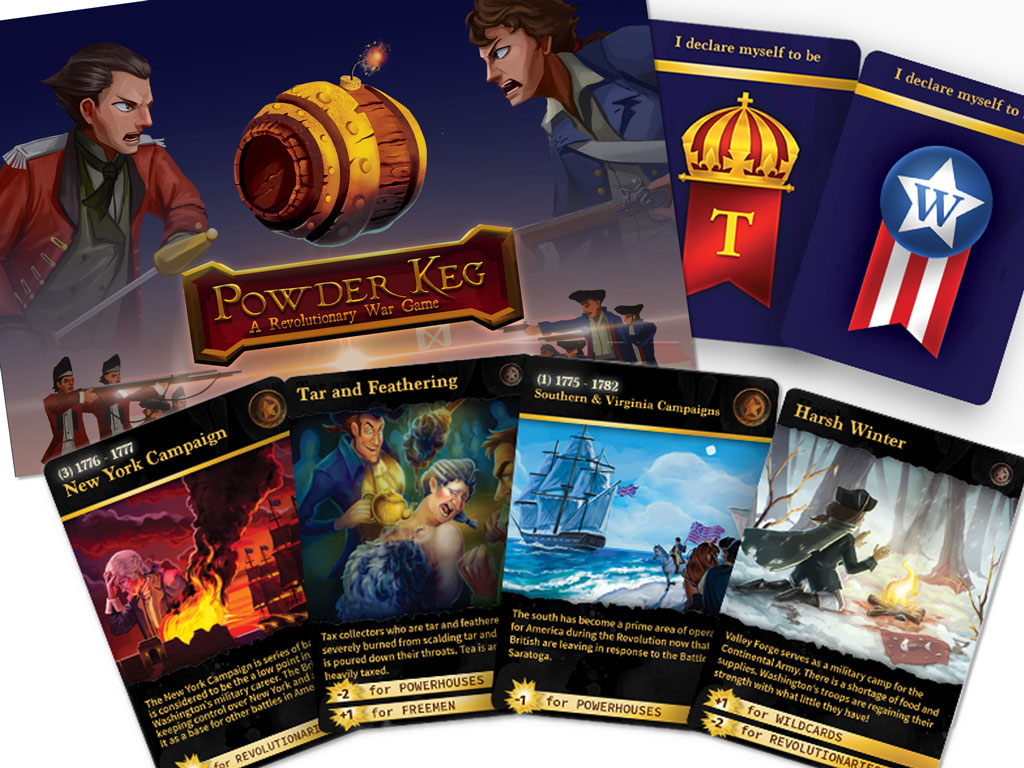 Powder Keg, A Revolutionary War Card Game, is a fun and educational card game aimed at middle school students that teaches the events and characters of the Revolutionary War period.
|
| Game 7 | Race to the Moon  Race to the Moon is a two-player card game. The players take the role of the USA and the USSR, and the winner is the first player to land a man on the moon. To succeed, you will need to combine research efforts with effective leadership, balancing efficiency, safety, and innovation. And of course, it helps to have a bit of luck. |
| Game 8 | Tacto 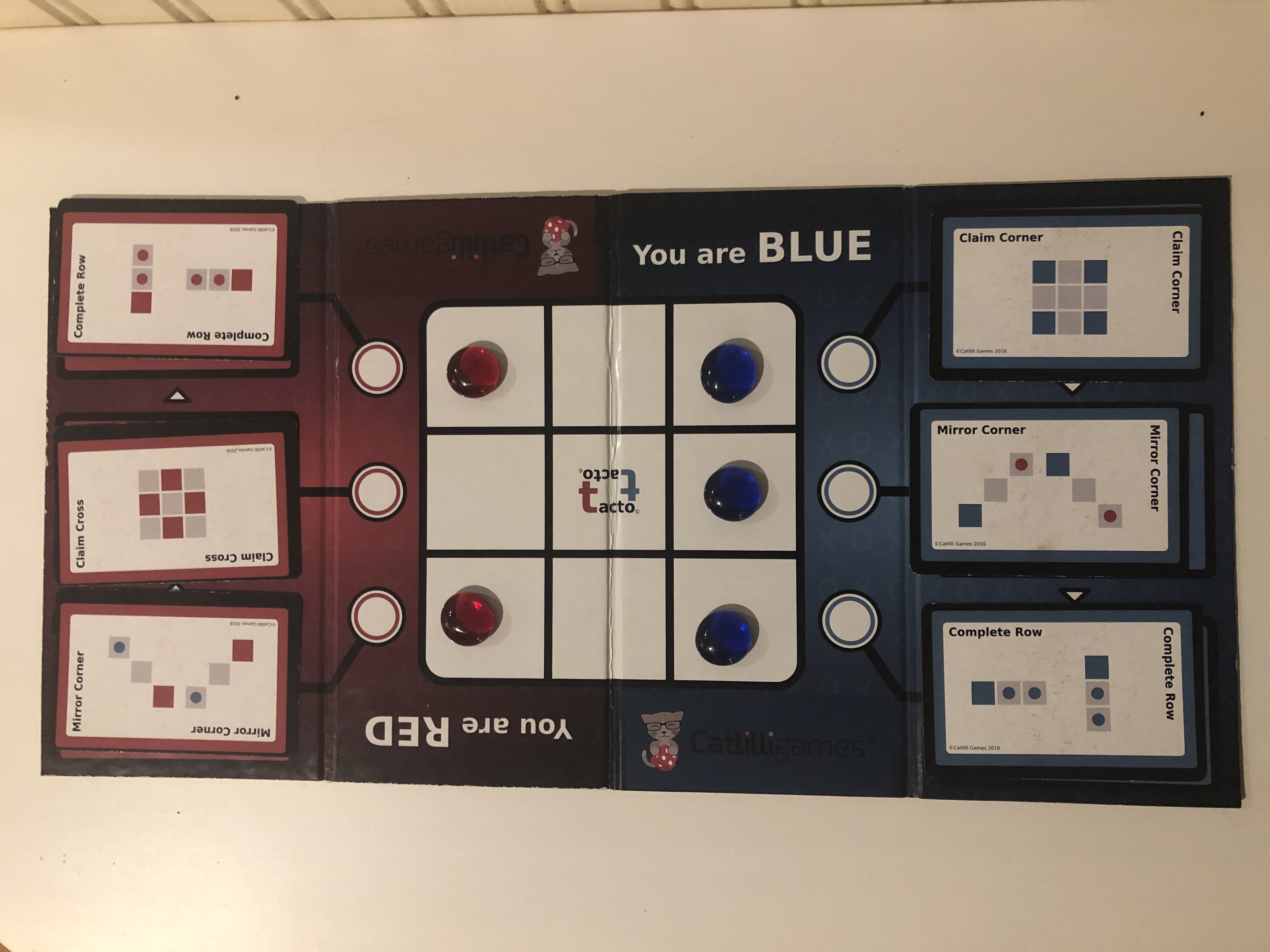 Out-program your opponent in a new spin on the classic game of Tic-Tac-Toe! Set orders and execute their demands in this quick, yet addictive strategy game. Great for learning coding logic! (See website for full details: http://catlilli.com/product/tacto/) |
| Game 9 | The Flora: A Game of Long-lived Flora & Their Many Caretakers 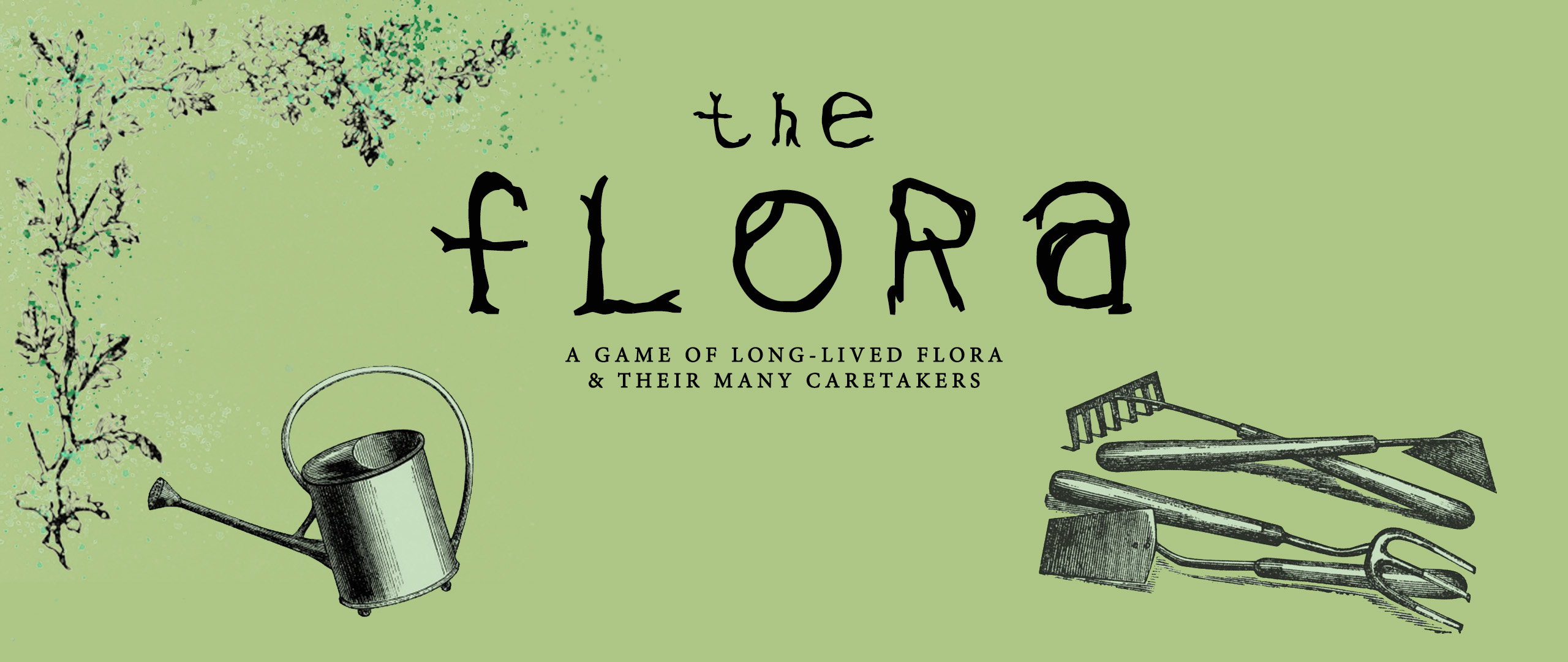 The Flora is a meditative structured freeform game. In it you will play a long-lived plant, rooted in place, their history and responses to the elements, fauna, their human caretakers and the human-shaped world. The game starts with fledging flora growing in our present day, you will begin to feel the marks of human activity, the shifting seasons, and the changing climate as you grow, adapt, spread and eventually decay and die. We hope you will develop a feeling for the Flora as you play.
|
| Game 10 | The Hook Up Game! (student-created game) 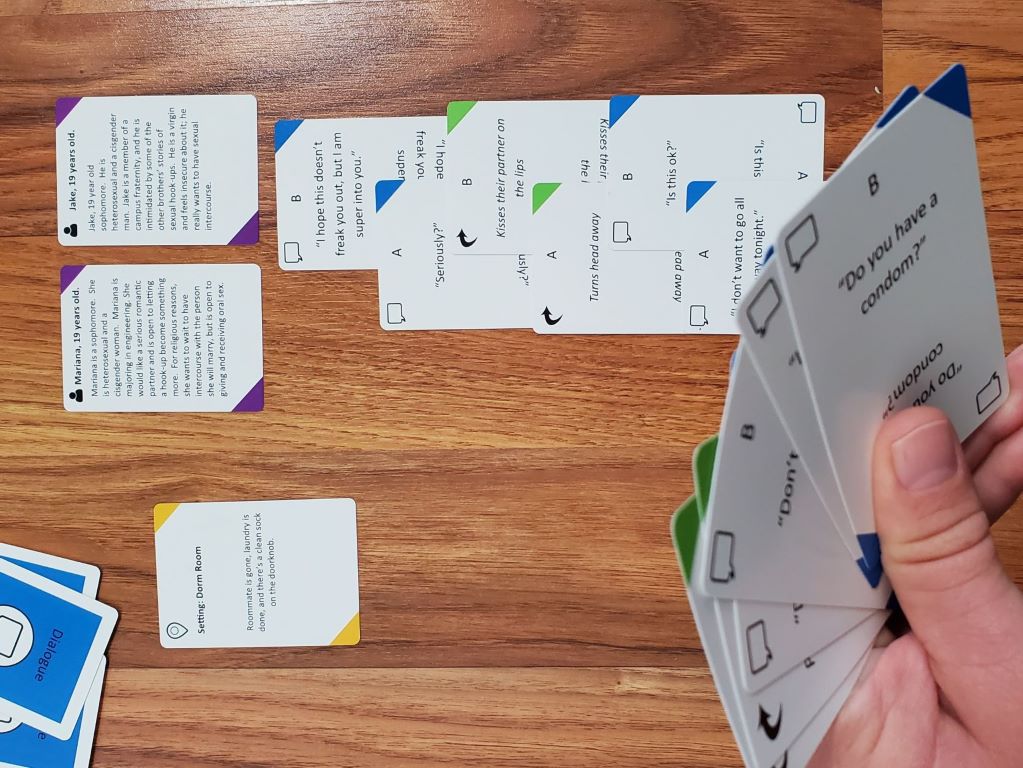 This game is all about consent. Most college consent education is too simplistic: only yes means yes. This means that students generally do not get a chance to explore what can make it complicated. The Hook-Up Game provides a safe space for that opportunity. Players have a shared goal to create a narrative of a consensual and pleasurable encounter between two characters. They do so using four sets of cards: settings, characters, action, and dialogue. The settings are places common to a college campus (e.g., frat party, dorm room), and the characters represent a diversity of gender and sexual identities. Each character has personal boundaries and desires, a unique backstory, and relationship histories. These details provide players with context to guide them in their narrative creation. By building nuanced consent narratives, players begin to see how social pressures and power dynamics on college campuses can impact a "hook-up."
|
| Game 11 | The Transition Year 2E  The Transition Year is a map-drawing game. It is also a story-telling game and a world-building game. You collectively explore the struggles of a community trying to transition from a life dependent on extraction and domination and build a new way of living. It is a game about community, difficult choices, solarpunk dreams and anti-capitalist futures. When you play, you make decisions about the community. Those decisions get recorded on a map and Community Record Sheets that are constantly evolving. Parts of the map are literal cartography, while others are symbolic. You will name and describe the various groups that make up the larger community, narrate the projects they embark on, the challenges they face, and roleplay them in community gatherings.
|
Thursday, October 13, 8:00a-9:00a
Registration Check-In and Continental Breakfast | |
| Location | Lobby (2nd floor of the MSU Union) |
| Description | The registration table is outside of the ballroom on the second floor of the MSU Union building.
NOTE: The registration table will be open across the conference day. The breakfast is sponsored by the Rust Ltd. |
Thursday, October 13, 9:00a-10:00a
Magic, Myth, & Meaning in Game Design | |
| Location | MSU Union Ballroom |
| Format | Keynote |
| Presenter(s) |
|
| Description | We are facing many social, cultural, economic and environmental crises, and with mental health issues rising worldwide, these crises are also internalized. Instead of the constant paralyzing dread, can we instead imagine, create, and connect ourselves to a future that is worth living in, and where we as humans are worth saving? What can we, as game researchers, contribute to the design of this future, so its uncertainty unfolds in a way that is not only sustainable but regenerative? How can we work - from a theoretical, practical, and boundary-crossing perspective - with games as these liminal possibility spaces, to explore and envision new ways of thinking, acting and being; possibility spaces in which we can investigate what has meaning for us and how we can live in alignment with our deepest values? As storyteller and mythologist Martin Shaw put it: "Bad storytellers make spells. Great storytellers break spells." How can we work with games as the mythical and ritualistic media of the 21st century to understand the spells we as individuals, cultures and communities are under and do our part to break them?
Conceptually, this collection of shimmering ideas are slowly forming and coalescing over several years of shared work, informed by existential psychotherapy in so far as its starting points are the fundamental questions of "meaning", "identity", "death" and "isolation". Our work has courted myth and ritual as symbolic forms of communication that connect us deeply to our unconscious and re-establish communication between our rational and feeling selves and how we can harness myth and ritual for the design of games that contribute to a meaningful life. The journey has led deeper and deeper into recognizing the need for inner alignment with personal values as the foundation for a sense of connectedness and oneness with oneself, others and the environment. It has been profoundly inspired by the work of Monica Sharma and Karen O'Brien on transformational leadership for sustainability. It has opened the door to an inquiry into the question of how to design games for empathy, connection, reflection, and the ability to change our minds. Building on our initial work some years ago at DiGRA on an existential, transformational framework for game design, this talk presents our latest thinking on these subjects, and also offers a challenge to the design community, asking how we can focus not on broad, surface level outcomes, but on deeply personal, individual and lasting change through games and playable media. |
Thursday, October 13, 10:00a-10:30a
Break
Thursday, October 13, 10:30a-11:30a
A Philosophical View of Meaningful Play: Exemplified in Two Evolution Education Apps | |
| Location | MSU Union Ballroom |
| Format | Speaker |
| Presenter(s) | Robert Pennock |
| Description | I present a philosophical account of meaningful play in the context of scientific research and STEM education about evolution and the nature of science, exemplifying the approach in educational apps, especially Avida-ED and Salmon Run. I argue that the meaningfulness of a vocational practice arises in relationship to its constitutive purpose and virtues. Play provides a way to develop such virtues through mimicry and practice of useful habits. In virtue-theoretic terms, meaningful play is thus a possible pathway towards excellence. In science, it is one expression of curiosity. In our national survey of exemplary scientists, scientists sometimes describe themselves as being like children and express the joy of research by speaking of "playing around in the lab." This sort of play is exploratory, motivated by the desire to discover the natural world. If science involves this kind of mindset, then science education ought to as well. Avida-ED is an artificial life app based on a research platform but developed with an interface that allows it to serve as an evolutionary sandbox for just this purpose; it is an environment where users can explore and test the workings of Darwin's Law. Developed for undergraduate-level courses, it is used in over 55 countries around the world. I'll show the new version 4. Digital evolution of A-lifeforms in Avida-ED is not at all like what gamers typically think of. Digital evolution systems implement the Darwinian mechanism so that the code itself evolves by natural selection as organisms interact with each other in their digital environment. This open-ended model allows users to "play around" with evolution in the same way that scientific researchers do, satisfying their curiosity about the world by performing experiments and observing what happens. Salmon Run, which is being developed for middle and high school, has similar goals but is explicitly designed so it can be played as a video game. Implementing real evolution into game play without inadvertently introducing unscientific notions is an interesting challenge for game design, and I'll describe how our prototype solves this problem.
Robert Pennock is University Distinguished Professor at MSU where he is on the faculty of Lyman Briggs College, the Departments of Philosophy and Computer Science & Engineering, and the Ecology, Evolution and Behavior program. His interdisciplinary philosophy of science work aims to help improve public understanding of science, to foster science ethics, and to advance STEM education nationally. The lead of the Avida-ED and Salmon Run projects, he has been developing educational software for over fifteen years. In 2017, his Avida-ED project won the International Society for Artificial Life Education & Outreach Award. Pennock is Fellow of the American Association for the Advancement of Science, a Sigma Xi Distinguished Lecturer, and a National Associate of the National Academies of Science and has received numerous awards, including the National Center for Science Education's Friend of Darwin Award. The author of over a hundred articles in philosophy, science, and education, his latest book is An Instinct for Truth: Curiosity and the Moral Character of Science. |
Designing for Complex Interactions | |
| Location | MSU Room |
| Format | Papers |
| Paper 1 | Interaction design in virtual reality and games: from a comparative social and psychological needs perspective This study examines the current status of interaction design in console games and how it is used to satisfy people's social and psychological needs. We divided them into four categories based on their interaction design based on Maslow's human needs theory. We used these categories to compare interaction design in game worlds and virtual reality (VR) animations. Finally, we described the current situation of VR animations and analyzed challenges and future directions for interaction design in this emerging field. |
| Paper 2 | Rage Quitting: Exploring How Frustration and Anger Can Be Induced and Directed Through Video Games This combination literature review and design process reflection analyzes the factors contributing to player frustration in video games, the various types of frustration they can experience (e.g. frustration with themselves or frustration with the game itself), and how frustration and enjoyment interact. This paper will discuss applied psychological principles that informed this research team's design decisions when creating a short video game. Both the research and the game itself are the foundation of a future experiment, the aims and predicted outcomes of which are also discussed here. |
| Paper 3 | A Technique to Create Weaker Abstract Board Game Agents via Reinforcement Learning (Top Paper Award) Board games, with the exception of solo games, need at least one other player to play. Because of this, we invented artificial intelligent (AI) agents to play against us when an opponent is missing. These AI agents are created in a number of ways, but one challenge with these agents is that an agent can have superior ability compared to us.
|
Transformed Reality: Designing for VR to create empathetic essential skill training | |
| Location | Huron Room |
| Format | Workshop |
| Presenter(s) | Leanne Wagner, Lien Tran, Brighten Jelke and Lynn Baus |
| Description | In this workshop participants will learn about a set of resources and processes for creating a VR training experience and test a working project in a VR headset (Oculus Quest 2). This workshop is meant to be an informative primer for people curious about getting started in essential skills VR learning and training, specific to the use of immersive branching narrative experiences and assessment. The facilitators have been working on the creation of trauma-informed interviewing training modules for law enforcement. While the goal is to create improved training materials that address gender based violence, the team has developed a unique understanding of small team VR content creation and the process involved. |
Games for Climate Action in the Arts: Exhibition, Design, and Performance | |
| Location | Superior Room |
| Format | Panel |
| Presenter(s) | Ray Lc and Vincent Ruijters |
| Description | Although the climate crisis is already upon on, our communication strategies for invigorating public action against the crisis is ineffective. Mandates and debates regarding policy and scientific details serve only to inflame the debate rather than produce positive action. Games and their manifestation in the arts have the potential to turn debate on the physical level to a human level intervention focused on how to align behavioral interventions with the goals of climate action. To provide a glimpse into current work in games in the art exhibition context for communicating and fostering climate action, we propose a diverse set of experts from curators to architects to renowned game designers who have worked intimately with games with themes and goals of climate action. |
Games in Education Contexts | |
| Location | Lake Ontario |
| Format | Microtalks |
| Microtalk 1 | Connecting At-Home Play to In-School Learning As Johan Huizinga has written, "All play means something." And yet in schools, so few games count as "educational." As a result, the games kids and teens play in school seem out of touch with the compelling and social "non-educational" games they play at home.
|
| Microtalk 2 | Towards Understanding Streamer Personas In Educational Live Streaming In this microtalk talk, I will discuss our in-progress work towards understanding streamer personas in educational game streaming. The goal of this microtalk is to begin a conversation with the Meaningful Play community about this topic and receive feedback on how we can begin exploring streamer personas in future work. The talk will focus on the question: how do factors such as streamer expertise, domain expertise, viewer community size and rapport play in the educational streaming experience? As we are particularly interested in successfully bringing educational games to Twitch, understanding the characteristics of streamer personas will be crucial in our design process. This work is thus of major interest to the Meaningful Play community, and will make future work on understanding and supporting various streamer personas possible. |
| Microtalk 3 | Virtual income: if and how to tax it The talk addresses the taxation issues of virtual income. It is unclear if these earnings should be taxed and, if so, how.
|
Quantitative Games Studies | |
| Location | Lake Michigan |
| Format | Papers |
| Paper 1 | Learning through gaming: Examining the learning outcomes of EEK! game Past research has shown that using games in educational environments can increase student engagement with topics related to science and technology. The present study explores whether students will acquire knowledge, have increased curiosity about engineering, and gain a greater appreciation of teamwork after playing the EEK! Game, a video game designed by the BU Engineering Center in Cellular Metamaterials. Participants from non-science fields took part in a four-condition between-subjects experiment. The presentation order of materials that provided participants with the real-world context of the gaming activities varied by condition. Participants were exposed to the context either at the beginning, middle, or end of the gaming experience, or they weren't exposed to the context at all. The study finds that introducing the context prior to the gaming activity shows the highest engagement and collaboration while gaming. |
| Paper 2 | How are Female Gamers' Experiences of General and Sexual Harassment Related to Coping Strategies and Mental Health Outcomes? Online multiplayer games are widely recognized as a forum for toxic behaviors. Female gamers are often exposed to both general harassment and sexual harassment. Although studies have investigated the effects of harassment and associated coping strategies on the mental health of females within settings such as the workplace, comparable studies have not been conducted within online gaming environments. This study surveyed adult female gamers to assess the relationship between female gamers' exposure to general and sexual harassment, coping strategies employed in response to harassment (self-blame, seeking help), and associated mental health outcomes (psychological distress, anxiety). Findings indicate that general harassment but not sexual harassment was significantly associated with greater levels of distress and anxiety. Self-blame moderated the effects of general harassment on psychological distress, whereas seeking help moderated the effects of general harassment on anxiety. Future studies should examine the effects of coping and general harassment on all gamers. |
| Paper 3 | When Melody and Graphics Converge: Background Music Congruency as Predictor of Game Enjoyment This study investigates how background music congruency affects the overall gaming enjoyment using the framework of the Congruence-Association Model. An experiment with three music conditions (congruent music/ incongruent music/ no music) was conducted using the game Life is Strange. With N = 105 participants, the results show that compared to having no music or incongruent background music, having congruent background music during gameplay resulted in higher levels of identification with the game character and transportation into the game, which then translated into greater gaming enjoyment. However, the difference between having incongruent music and no music was not well established. The study contributes to the lack of literature linking game music and gaming experience. Future studies should consider examining other cognitive and affective factors that impact the effect of music congruency on the gaming experience. Implications for the gaming industry are also discussed. |
Thursday, October 13, 11:30a-1:00p
Birds of a Feather Lunch (on your own) and Industry/Student Meet'n'Greet | |
| Description | Thursday lunch is not provided. Take this time to socialize with your fellow conference attendees while enjoying the many dining venues within downtown East Lansing.
If you are interested in lunching with like minded individuals, there will be Birds of a Feather meet-up signs in the lobby. Meet at one of the signs and go to lunch together. The groups include:
|
Thursday, October 13, 1:00p-2:00p
An Unquenchable Appetite: Games, Play, and Climate Change | |
| Location | MSU Union Ballroom |
| Format | Speaker |
| Presenter(s) | Jessica Hammer |
| Description | In this talk, I discuss how game designers can use our skills to address the global challenge of climate change. First I review our responsibilities: games and play contribute to the ongoing climate challenge in a number of ways, such as driving travel to game events and generating e-waste. Next I identify ways to mitigate our contributions. Finally, I describe a vision for five ways that game designers can do more than simply mitigate their impacts, but become leaders in climate change mitigation. We can help people understand complex systems, facilitate collective action, create solidarity across asymmetries of power, address climate despair, and change our relationship to consumption. I illustrate these possibilities with existing games, as well as with games developed by my lab. Finally, I will end the talk with a review of existing mechanisms for engagement (e.g. the IGDA Climate SIG's work) and an invitation to engage further. |
Gaming for Society 1 | |
| Location | MSU Room |
| Format | Papers |
| Paper 1 | Poor Not Guilty: An Experiential Street Law Education on the Criminalization of Poverty through Perspective-Taking (Top Paper Award) Cities and states throughout the United States impose fines for minor offenses at every stage of the criminal justice system. Without any means of escape from a system designed to punish poverty, millions of Americans lose their jobs, homes, and even their children. Two of the major roadblocks to change when addressing the criminalization of poverty are a lack of awareness and a lack of empathy. In order to educate audiences who are less likely to be exposed to or directly impacted by such unfair practices, a team of game designers and legal experts collaborated on the Poor Not Guilty Challenges, a set of experiences in which players perspective-take as someone impacted by the criminalization of such petty offenses. These challenges were used in a pilot classroom as part of a secondary education Street Law lesson plan and have additional use cases in other advocacy and learning settings. |
| Paper 2 | Meta-Gaming Real Life: Evaluating Offline Change with Online Theory This paper uses digital games research and theory to analyze social changes that have occurred with the rise of digitalization and online interaction. Specifically, I look at the Financially Independent Retire Early (FIRE) movement, the rise of digital currencies, stock market phenomena with digital trades, and remote work and online learning. By connecting these "real-world" occurrences to the "digital-world" experiences that have been researched in the past, I attempt to explain their roots and trajectories. By doing so, I propose that there is important toolset available for us to be able to predict further social changes and perhaps avoid problematic outcomes. |
| Paper 3 | Falling Out of the Real-World and into Right Wing Inceldom: Redditors' (Mis)reads of Political Themes in Fallout 4 This work in progress examines Reddit communities' discussion of political themes in the game Fallout 4. Successful franchises like Call of Duty, Sid Meier's Civilization and Age of Empires have each implemented political over/undertones to varying degrees of success. However, games set in alternate history or near-future settings - like Fallout 4 - may not be recognized by players as inherently political. Our work thus blends a number of converging disciplinary interests into a case study that thematically examines Fallout 4 Redditors' understandings of the game's basic political themes. Since video games may serve as a first point of contact for learning about politics, we highlight the extent to which themes and ideologies may be misunderstood, and their implications. Our research adds to and accompanies existing literature by extrapolating upon how gamers adapt, modify, and misunderstand narratives from games to express real-world attitudes. |
Roleplaying Consent | |
| Location | Huron Room |
| Format | Workshop |
| Presenter(s) | Caleb Probst |
| Description | Most young people do not receive effective sexual consent education, which may explain why sexual assault rates have remained stubbornly high in the wake of the #MeToo movement. A decade of facilitating gender-violence prevention workshops with Chicago teenagers has shown me that roleplay can be a meaningful tool for teaching consent, as well as social-emotional skills more broadly. Through semi-scripted and improvised roleplay, students can practice expressing their boundaries and desires to another person. They can also begin to develop empathy for those whose personal wishes differ from their own. This workshop is intended for people who work with youth (e.g., youth workers, counselors, teaching artists, etc.), and attendees will learn strategies for using roleplay to help teach healthy decision-making, interpersonal communication, and empathy. |
Gaming Against Violence | |
| Location | Superior Room |
| Format | Panel |
| Presenter(s) | Drew Crecente, Krista-Lee Malone and Mark Chen |
| Description | Since 2008 the Gaming Against Violence program has been producing, publishing, and researching prosocial video games intentionally designed to engage adolescents about sensitive topics. The games are created through the annual Life.Love. Game Design Challenge and judged by a panel of game scholars, subject matter experts, and the charity's founder. Over the years this jam has gone international and produced over 60 games addressing this crucial topic across the globe. Games from Life.Love. have earned awards and recognition for their impact and innovation which has also been shown through studies found in the Journal of Games, Self, & Society and the proceedings of the Games and Learning Alliance 6th International Conference. This panel will be a selection of last years' judges, Drs. Krista-Lee Malone and Mark Chen, discussing the challenges of designing prosocial games and their experiences with this competition with the charity's founder, Drew Crecente. |
Gamification | |
| Location | Lake Ontario |
| Format | Microtalks |
| Microtalk 1 | Breaking free of the gamification Matrix with a pedagogy red-pill I will examine gamification and game-based learning and their implications for classroom practise through the lens of The Matrix movies, elucidating the many layers of control that both students and teachers find themselves "trapped" within.
|
| Microtalk 2 | Rewiring the World: Defamiliarizing Simulations "Defamiliarization," per Viktor Shklovsky's original use in "Art as Technique" (1917) and later uses in sociology, describes an opportunity for a fresh encounter with something or someone that has, with time and habit, become opaque by proximity or familiarity. This talk explores defamiliarization's possibility in what Ian Bogost, in Unit Operations, calls the "simulation gap:" the critical space between a phenomena the simulation claims to model and the experience of a player bounded by the simulation. Defamiliarization not only provides a framework to scrutinize the representations a given game simulates and its implied assumptions about human experience, but clarifies opportunities for designers to consider the simulation gap and prompt the sort of reencounters necessary for art and empathy. |
Games Design Education | |
| Location | Lake Michigan |
| Format | Papers |
| Paper 1 | The Forms and Uses of Undergraduate Student Game Design Logs Design logs provide a way for designers to articulate their goals, track their progress, and record decisions. College students in an introductory game design course were assigned to keep design logs during a multi-week, community-engaged tabletop game design project.
|
| Paper 2 | Teaching Research-Creation in game design: achievements and limitations of a still developing course Game design research is an emerging field for which it is necessary to prepare our students both on theoretical knowledge from game studies, but also on game creation.
|
Thursday, October 13, 2:00p-2:30p
Break
Thursday, October 13, 2:30p-3:30p
The Magic of Learning Games: Google First Wizarding College | |
| Location | MSU Union Ballroom |
| Format | Speaker |
| Presenter(s) | Lauren Freda, Lisa Weinberg, Casey Kiel, Anne Kolaczyk, Elizabeth Lankford, John Kelly, Emily Scott and Chas Grundy |
| Description | Casting a spell on campus: How did we get more than 700 University of Notre Dame staff engaged with an optional professional development program about Google collaboration tools? Discover how we crafted a magical experience to introduce, teach, and reinforce the use of Google Workspace--and how you can apply these lessons to your own educational or change management journey. Learn about specific game-based learning mechanics to engage players and create a lasting and transformative learning experience. Do you have what it takes to become a Google wizard?
Google First Wizarding College promotes Google's productivity tools to help staff work smarter, smoother, and safer in our increasingly hybrid environment. Each of seven levels lasted two weeks and included a quiz. The game was designed by our in-house IT team and delivered using Google tools, further reinforcing the material with custom-designed characters and artwork, hidden Easter Eggs, digital badges, stickers, and prizes. |
Gaming for Society 2 | |
| Location | MSU Room |
| Format | Papers |
| Paper 1 | Roll For Democracy: Tabletop Role-playing Games as Essential Civic Formation in the Deweyan Tradition The dynamics of the complex negotiations that tabletop role-playing games (TTRPGs) typically demand of their players in order to ensure that games move forward in a way that is effective and enjoyable can be an unintentional enacting of some of John Dewey's philosophical principles around educative deliberative process and its impact on the civic and moral habits of individuals. While not explicitly intended as such, the dynamics of games like Dungeons & Dragons (D&D) give players a chance to experience deliberation around something they are personally invested in within a low risk environment. These games are able to create educative experiences that capture the broader Deweyan understanding of democracy, which sees democratic life as the habits and interactions people have with one another, and not just a list of protections from and duties to the state. |
| Paper 2 | The Digital Gamer and the Loss of the Power Fantasy The concept of games being a form of "power fantasy" for the player is a common tool for describing or advertising them. This seems to be counter to the interests of digital games makers, however. This paper is based on ethnographic observations of different digital games and the ways in which the mechanics and organizational systems in them have lessened individual power for both the game player and the game character. We find that there are both mechanical as well as social influences that cause one to accept this changing power dynamic. Multiplayer and cloud storage in games creates reputation, for instance. This in turn leads to situations where the individual can be exploited by a group or company. We argue that this same pattern can be seen in other social groups and media and offer a tool to understand and combat disinformation and exploitative systems in the future. |
Learning Deliberately: Walden EDU, a New Game-Based Curriculum | |
| Location | Huron Room |
| Format | Workshop |
| Presenter(s) | Tracy Fullerton, Matthew Farber and Matthew Coopilton |
| Description | The "Walden, a game EDU" project (https://www.waldengame.com/educators) re-envisions the educational adaptation of the award-winning independent game as a classroom experience. The new experience is designed for low-end machines and is free for all educators and their students. An interdisciplinary team of educators, researchers, curriculum designers, evaluators, outreach experts, and game designers have re-designed the core experience of the "Walden, a game" to develop inclusive, classroom-friendly, and standards-aligned games-based learning modules. This workshop includes a hands-on demonstration of these new educational game modules and integrated curriculum. These lessons use the game as a text to prompt critical discussion and learning. |
New Experiments Teaching with Games and Game Design | |
| Location | Superior Room |
| Format | Panel |
| Presenter(s) | Krista-Lee Malone, Amy Mueller, Peter McDonald and Mark Chen |
| Description | Teaching with games is an evolving process. This panel discusses pedagogical experiments the panelists have developed, as well as to the increased emphasis on, then backlash against remote instruction brought on by the pandemic. Malone looks at class-Discords as a place for community building and how they differ from surveillance focused LMSs. McDonald presents three models of the introductory game design classroom, including a course based on the recent proliferation of "tiny tools" like Bits. Chen discusses "let's play" videos and how they can be reformulated to engage students in critical thinking and cultural commentary. Mueller describes the process and affordances of using Twitch for remote instruction. These practices would've seemed strange or impossible before, but they show how the relation between games and learning should not be taken for granted. As gamers who teach games, we debate the importance of that cultural knowledge in meeting students where they are. |
Articulating a Super Sound: Musical Style and Technique in 1990s Roleplaying Games | |
| Location | Lake Ontario |
| Format | Speaker |
| Presenter(s) | Ryan Thompson |
| Description | This talk explores how modern games aiming to emulate the sonic style of the Super Nintendo (SNES) re-create specific technical limitations, specific orchestration choices, and semiotic domains idiomatic to the SNES console for the sake of presenting an "authentic" retro-aesthetic to consumers. Rather than adhering to the limitations of an in-person orchestra, composers scoring SNES games (and, crucially, composers attempting to recreate that aesthetic) score for the SNES as an electronic instrument despite loading samples from a variety of hardware sources. The talk presents a few select pieces of music in "original" and "processed for the SNES" states to demonstrate how these techniques are applied in a modern paradigm. |
Theoretical Frameworks for Design | |
| Location | Lake Michigan |
| Format | Papers |
| Paper 1 | Controller as an Even More Literal Term: Looking at Controller Design as Territorialization Controller design is one of the most crucial steps in the development of a console. Each generation, we see some controller features which solidify themselves as standard, while we see other features which push the envelope for what it means to interact with a game itself. However, the design of a controller is a territorializing process. It not only decides what games are possible on a particular console, but also who is physically able to play said games.
|
| Paper 2 | All Together Now, Using Multiple Frameworks to Inform Serious Game Design and Development Knowing what design and development practices lead to successful serious games is an important concern in the field, and often the details of the design and development process are left out of serious game intervention studies. This hinders the development of informative frameworks and also forgoes giving proper credit to any frameworks used in designing and developing the games used in interventions. This paper discusses the use of three frameworks in the design and development of a set of serious games and recognizes the elements of serious game design and development the frameworks helped with while also highlighting elements the frameworks did not account for. The result is a better understanding of how multiple frameworks can inform serious game design and development, proper recognition of what the frameworks do well, and a detailing of elements future frameworks will need to address. |
| Paper 3 | A Framework for Meaningful LGBTQ Representation in Video Games This work considers the concept of meaningful representation of LGBTQ content in digital video games. I first explore how the complex concept of representation in media has been dealt with across multiple disciplines, highlighting threads of similarity and contention between discourse happening within the fields of media and communication, game studies, and trans studies. Building off of a foundation of conversations that are already happening around issues of representation in general, and the representation of LGBTQ people in digital video games, I offer a framework for meaningful LGBTQ representation in video games. This framework offers a way to interrogate whether representations are meaningful, and how video games can improve the quality and impact of LGBTQ content that they incorporate into their games. |
Thursday, October 13, 3:30p-4:00p
Break
Thursday, October 13, 4:00p-5:00p
Toxic, Schmoxic? Societal Repercussions for the Normalization of Hate in Gaming Spaces | |
| Location | MSU Union Ballroom |
| Format | Keynote |
| Presenter(s) |
|
| Description | In this talk, Dr. Kowert will explore the ways in which toxic behavior and toxic gamer cultures permeate beyond the virtual walls of our digital playgroups. This will include a discussion of the normalization of hate in gaming spaces and the games industry as well as overview who and how these actions are impacting. While toxic gamer culture is often downplayed or believed to live exclusively within online spaces, it has a radius of impact on mental health, workplace culture, and even extremism and radicalization. Because when we allow hate to spread without consequences, it normalizes hate in all spaces. This talk will end with suggestions for the future about how we can start to change the culture of games, reclaim these spaces for fun and connection, and "denormalize" hate in gaming spaces.
This keynote is sponsored by the Quello Center at Michigan State University. |
Thursday, October 13, 5:00p-7:00p
Dinner Break (on your own) | |
| Description | Dinner is not provided. Take this time to socialize with your fellow conference attendees while enjoying the many dining venues within the East Lansing and Lansing area. |
Thursday, October 13, 7:00p-9:30p
Game Night!!! | |
| Location | MSU Union Ballroom |
| Format | Special Event |
| Description | This is our version of "Game Night" for the Meaningful Play conference attendees. Come play your favorite board and card games. We will also be holding a (casual) eSports-style Plunder Panic gaming tournament. There will also be a chance to mix and mingle with attendees and enjoy yourself with drinks and appetizers.
Game Night is sponsored by Will Winn Games. |
Friday, October 14, 8:00a-9:00a
Registration Check-In and Continental Breakfast | |
| Location | Lobby (2nd floor of the MSU Union) |
| Description | The registration table is outside of the ballroom on the second floor of the MSU Union building.
NOTE: The registration table will be open across the conference day. The breakfast is sponsored by GameDev @ MSU and the Games for Entertainment and Learning Lab. |
Friday, October 14, 9:00a-10:00a
Restorying Trans Game Studies: Playing with Memory, Fiction, and Magic as Sites for Transformative Identity Work | |
| Location | MSU Union Ballroom |
| Format | Keynote |
| Presenter(s) |
An experienced game designer, Tess's work incorporates physical objects, wearable technology, and interactive tabletops to explore embodied interactions with digital games and stories. She has developed new gaming technologies that push the boundaries of personal fabrication, using 3D printers and laser cutters as platforms for hybrid digital/physical games. Her new book on Playful Wearable Technologies, co-authored with Katherine Isbister, Elena Marquez-Segura, Ella Dagan, and Oguz Burak, will be released by MIT Press in 2022 or early 2023. Dr. Tanenbaum has been instrumental in helping create new, more inclusive, policies within the academic publishing world that make it possible for people to correct their names on previously published scholarship. In 2020 she co- founded the Name Change Policy Working Group to support other transgender people in advocating for inclusive identity polices within publishing and beyond. Tess is currently completing an autobiographical musical about her journey through gender transition during the COVID-19 pandemic. |
| Description | In this talk I argue that game design - like magic and activism - is a framework for invoking and materializing seemingly impossible desires for ourselves, and our world. Within the "magic circles" of both play and witchcraft we assert truths about the world that are decoupled from the often arbitrary rules and power structures that govern daily life. I'll discuss J Li's single player pervasive game "Twain": a game whose central mechanic is to enlist a single player into believing for a moment in a past that is impossible. Twain invites players to briefly rewrite their own memories to include a fiction that can't possibly be real, but which feels immediate and viscerally true within the experienced reality of the game. I'll also consider the work of transgender game designer Avery Alder, who talks about this in terms of choosing to believe in the impossibilities. She argues that when the world is arranged to tell a story that robs you of any power, it is up to you to instead choose to tell yourself stories that restore that power. Much like J Li's "Twain," Alder's games invite their players to inhabit alternative selves, as they move through their daily lives.
I unpack this idea of play as a site for radical, emancipatory, identity work as a foundation for an emerging "trans game studies" practice. I draw a connection between a constellation of allied theories and practices including, Ebony Elizabeth Thomas and Amy Stornaiulo's work on restorying, Dorothy Holland et al.'s concept of figured worlds, Jonaya Kemper's work on emancipatory bleed, Jerome Bruner's work on narrative as reality, Bernard Suits' concept of a "lusory attitude", Maya Deren's writings about witchcraft and "successful deviants", and my own work on design fiction, steampunk, and allohistorical fictional imaginaries. I take an explicitly autobiographical approach to these ideas, as a transgender woman, game designer, and practicing witch. In the spaces where these ideas intersect and overlap I see a seed to grow a trans game studies that doesn't just "represent" trans people's experiences, but instead recognizes how games, play, and story are entangled in the ways that we discover ourselves, confront and process our traumas, and defy the impossibilities imposed upon us by the oppressive normative social order. |
Friday, October 14, 10:00a-10:15a
Break
Friday, October 14, 10:15a-11:15a
VR for Concept Design | |
| Location | MSU Union Ballroom |
| Format | Speaker |
| Presenter(s) | Ricardo Guimaraes |
| Description | Nowadays, the use of 3D software by 2D Artists, Visual Artists and Concept Designers is no more a matter of choice, it is a demand of the industry. Workflows are quickly evolving and adopting new media and software. Understanding tridimensional space and shapes is essential for the success of artists in the games industry. There is no better way to understand tridimensional space and shapes than immersing yourself in it. This is the main objective of this workshop. |
Meaningful Analyses of Meaningful Games 1 | |
| Location | MSU Room |
| Format | Papers |
| Paper 1 | Gamer Diaspora: Into the Nations of Teyvat This paper aims to examine the concept of gamer diaspora through the virtual displacement and transnationalism by traveling inside the virtual space. This is studied through the game Genshin Impact, with its world Teyvat, and its nations that gamers travel to and live in. The world is studied through its culture, inclusive of its gods, ideologies, customs, economy, music, architecture, clothing, language, food, and celebrations that the player gets to consciously experience and have awareness of as their new reality. We also study the simulation of our physical world and how this virtual world removes the reality and changes it to this new reality through the diasporic experience. |
| Paper 2 | Art, Play, and Winsor McCay The Critical Art of Little Nemo and the Nightmare Fiends Numerous games, such as Dragon's Lair (1983) and Cuphead (2017) adopt an art style from other, frequently older, media to distinguish themselves. Beyond standing out in a crowded marketplace, however, these processes have the potential to exist more meaningfully than as mere homage.
|
| Paper 3 | Meaningful Death: A Qualitative Analysis Exploring Narrative Impact on Fail States This paper explores the potential role of narrative in video games on the player experience of fail states. Research has shown that players can experience frustrations from fail states that result in abandoning the game. This analysis aims to explore how fail states could potentially be improved by adding meaning to the fail state through narrative integration. A thematic analysis of game reviews was completed on two games, Hades and Outer Wilds, to find potential benefits from existing games that use narrative to support fail states. The findings suggest that narrative support for fail states could provide meaningful experiences of personal growth and discovery for players. |
Exploring Returns To Serious Games | |
| Location | Huron Room |
| Format | Workshop |
| Presenter(s) | Noor Hammad, Erik Harpstead and Jessica Hammer |
| Description | This is a workshop centered on the following question: What does gameplay return mean in a serious gameplay? As this question is yet unexplored in the context of meaningful play, the goal of the workshop is not to immediately begin prototyping and designing ways to support returning to serious games, but rather to lay the foundation for future design explorations. This workshop thus invites game designers and researchers to reflect on their own returns in meaningful play experiences. Serious games have a different set of constraints than entertainment games; for example, many serious games are played in a single sitting, and are not the 300-hour experiences our previous work has examined. Given the major differences between entertainment games and serious games, under what conditions would a player choose to return to play a serious game? |
Black Joy. Black Pain: Exploring Narratives of Survival in Gaming | |
| Location | Superior Room |
| Format | Panel |
| Presenter(s) | Reginald Gardner, Akil Fletcher, Javon Goard, Kishonna Gray, and Joan Miller |
| Description | As Black game scholars have noted, digital media have become places where patterns of inequalities and oppression are replicated; gaming follows this trend inflicting significant harm. But research suggests that despite the harms, Black players find each other and facilitate communal experiences that often mirror physical spaces of connection. This panel brings together existing and emerging race, space, and gaming scholars to address Black players' experiences in various gaming communities from their research and work. Kishonna Gray's current work investigates the intersectional experiences of black folks online. Akil Fletcher's research examines how black gamers navigate massively multiplayer online games like Final Fantasy 14 (FFXIV). Together, they host a summer esports and gaming program for youth in Kentucky. Finally, Javon and Reginald study intersectionality and community, focusing on folks playing fighting games from different perspectives; humanist and organizational. The panel centers narratives of survival through differing black perspectives.
|
Two Hour Workshop: Adapting the FUNemployed game model for fun in learning - Part 1 | |
| Location | Lake Ontario |
| Format | Workshop |
| Presenter(s) | Phill Cameron, Alfonso Sintjago, John Beals and Yi-Su Chen |
| Description | FUNemployed is a party game for between four and seven players. During this workshop, we will play a digital card game based on the FUNemployed model and discuss the way it works. Then, participants will hear how the model has already been successfully adapted into business and language courses at the University of Michigan. Finally, participants will learn how to hack and adapt the game model to fit their particular goals, or courses, by editing their own copies of the open source source code.
Please note: no special software or coding experience is required for you to participate in this workshop! |
University Programs | |
| Location | Lake Michigan |
| Format | Microtalks |
| Microtalk 1 | PechaKucha on Collect/Connect @U-M The four developers of Collect/Connect have worked with teams of student programmers to develop beta versions played singly or in groups of 3 or 4, in person on a 6' touchscreen, and virtually on hand-held devices. Our challenge: to create a digital board game that would make students interested in making new discoveries and exploring connections between intriguing finds at the University of Michigan libraries and museums. The 20 slides of this pechukucha microtalk would show how the Cambodian sculpture "Apsara Warrior" at the UMMA has been connected to the "formally unusually book" about KKK-themed "The Day of the Rope" through the keyword "lethal," and to the pretty, 19th-century arsenic-laced wallpaper sample from Kalamazoo stored safely in library vaults. We will show how Collect/Connect has brought librarians, instructors, and students out of their enclosed spaces and helped them see what they have in common with others beyond the usual categories. |
| Microtalk 2 | Powder Keg, A Revolutionary War Card Game, targeted learning outcomes for the middle school American history curriculum. This collaborative process included; game design, research, writing, illustration, card production, user testing, rule book design, a marketing video, packaging design, and a website.
|
| Microtalk 3 | Game Studies at the University at Buffalo A microtalk giving an overview of activities in Game Studies at the University at Buffalo. "Game Studies" is both an academic program and related labs within the Department of Media Study. We combine an experimental approach to technology and games with a critical stance toward their impact. Our work includes interactive dramatic experiments by the Intermedia Performance Studio, plus social justice and intersectional queer and feminist research by the Amatryx Gaming Lab & Studio. |
Friday, October 14, 11:15a-11:30a
Break
Friday, October 14, 11:30a-12:30p
From Academia to Commercial Spin-Off: The Trials and Tribulations of Bringing Plunder Panic to Market | |
| Location | MSU Union Ballroom |
| Format | Speaker |
| Presenter(s) | Brian Winn |
| Description | Plunder Panic, a swashbuckling, 12-person multiplayer arcade game, was initially created by a team of faculty and students in the Games for Entertainment and Learning Lab at Michigan State University as a passion project beginning in May 2017. In January 2021, Will Winn Games Inc. was founded as a commercial spin-out company from MSU with the initial goal of bringing Plunder Panic to market. This talk will discuss the trials and tribulations in the two-year journey to brining the game to market, including navigating university intellectual property, fundraising, building a great team, rewriting the game to support internet multiplayer, the porting process to hit 8 major platforms, marketing and public relations, self-publishing and the game launch, and the lessons learned along the way. |
Meaningful Analyses of Meaningful Games 2 | |
| Location | MSU Room |
| Format | Papers |
| Paper 1 | Virtual world Expansion: Bringing the world of Runeterra into the Philippines This paper explores the expansion of the world built inside the game to go beyond the virtual wall and into the physical world, through various media platforms and virtual simulations, into the physical reality specifically in the Philippines. The concept is explored through the Multiplayer Online Battle Arena (MOBA) game League of Legends (LoL) by Riot games. The study will explore the world expansion of LoL through the lore adoption with its various stories and its animated series Arcane, the recreation through cosplays and events with simulated cities, yearly e-sports tournaments, and finally with transference through augmented reality, characters with social media presence, digital music success with its created music groups, and more. |
| Paper 2 | Entering Valhalla: Trans-Realism in Mobile MMORPGS This paper refutes popular studies on gaming, specifically on massive multiplayer online role-playing games (MMORPGs), on how these are just simulated environments or spaces that are merely computer generated. Trans-realism is a term used in gaming yet describes how it is a mix of various realities through the physical senses. This paper discusses how trans-realism is more on the trans-consciousness of a player and is not bound to just physical spaces, but rather through ones mental and emotional consciousness. The MMORPG Ragnarok Online Mobile will be visually analyzed to study this phenomenon. Analysis on the creation of consciousness, individuality, community, love, and money will be related to the physical reality of a player. |
| Paper 3 | Can we interpret games separately from their makers? Making meaningful games in unsafe spaces In this extended abstract, we focus on assessing critical and meaningful play from a holistic lens by including the "making processes and experiences" within games. We consider designers, artists, and developers as the 'makers' of games. We first highlight the historical view on art and design, where the final product is typically considered separately from its maker and their identity. Then, we challenge this approach and its implications for games, claiming that it hinders creating inclusive spaces for all players and developers -- regardless of gender, sexual orientation, or race. Finally, we discuss two games, Florence and Night in the Woods as examples of how such a separation might cause overlooking issues associated with maker experiences. We conclude with an invitation for having maker experiences included in the assessment and interpretation of games, especially if we do not want to repeat the discriminatory practices of visual art history. |
Recast & Replay: Critically Redesigning and Broadening Queer Experiences in Games Through the Lens of Less Visible Identities in the Community | |
| Location | Huron Room |
| Format | Workshop |
| Presenter(s) | Erica Principe Cruz and F. Ria Khan |
| Description | LGBTQIA+ folk often play at the margins in games due to lacking queer representation. When games are inclusive of queer folk, they typically focus on gay, lesbian, and binary identities and/or misrepresent other queer identities, reflecting the invisibility and invalidation that nonbinary, genderqueer, asexual, bisexual, pansexual, etc. folk experience outside of games. Our workshop will examine and queerify this absence and misrepresentation of less visible queer identities in games by recasting prior play to center them. We will gather as queer game developers and allies to critically analyze our prior play, craft queerified replays we want in games, and reflect on our game design decisions and goals. This workshop will be led by F. Ria Khan, a gay nonbinary games researcher whose work empowers marginalized communities in games, tech, and academia, and Erica Principe Cruz, a pansexual game designer who co-designs games centering marginalized communities' joy, rest, and healing. |
Legitimizing Analog Games in Academia | |
| Location | Superior Room |
| Format | Panel |
| Presenter(s) | Lien Tran, Tracy Davis, Matt Smith, Andrew Peterson and Shelly Jones |
| Description | There are, arguably, several reasons why games in academia are not taken as seriously as they could be. They don't fit neatly into the traditional framework of academic research and teaching; game studies and game design in almost every form are by their nature interdisciplinary, again not fitting neatly into the silos of academia; and games are perceived as a diversion, fun, and thus not part of the stereotype of the staid academy. Nevertheless, there are areas where the legitimization of games has moved forward. This panel looks at some of the existing issues as well as the steps various universities, organizations, and individuals have taken to legitimize games in academia. The multi-pronged approach addresses game publishing, scholarship, and redefining scholarship. |
Two Hour Workshop: Adapting the FUNemployed game model for fun in learning - Part 2 | |
| Location | Lake Ontario |
| Format | Workshop |
| Presenter(s) | Phill Cameron, Alfonso Sintjago, John Beals and Yi-Su Chen |
| Description | FUNemployed is a party game for between four and seven players. During this workshop, we will play a digital card game based on the FUNemployed model and discuss the way it works. Then, participants will hear how the model has already been successfully adapted into business and language courses at the University of Michigan. Finally, participants will learn how to hack and adapt the game model to fit their particular goals, or courses, by editing their own copies of the open source source code.
Please note: no special software or coding experience is required for you to participate in this workshop! |
Language Games | |
| Location | Lake Michigan |
| Format | Microtalks |
| Microtalk 1 | Interdisciplinary Virtual Reality: Merging Game Design & Language to Facilitate Student Engagement Southern Illinois University's Digital Narratives Lab has begun a collaboration with Assistant Professor of Digital Media Arts & Animation, Kevin Mercer, and Associate Languages & Linguistics Professor, Lourdes Albuixech, to develop a fantastical Spanish language VR escape room. Ancient, slightly surreal, Aztec and Mayan environments populated with logic and language-based puzzles await students. The currently unnamed project will function as an opportunity for undergraduate Spanish students to immerse themselves in an entertaining space designed to challenge their language acquisition and reinforce learning objectives of an otherwise pedagogically traditional language course. Key developmental consideration is paid to designing for an audience of intersectionally diverse students with a broad range of player ability rather than a commercial market. In the spring 2023 semester, this project will be deployed in Professor Albuixech's course. The project adapts and expands Professor Albuixech "genial.ly" 2D browser-based escape room created in the spring 2022 semester. |
| Microtalk 2 | Tower of Babel Tower of Babel is an upcoming educational digital card game designed and developed by a team of four senior undergraduate students at the University of Michigan, Dearborn, and a professor and a researcher from the humanities at the U-M, Ann Arbor.
|
| Microtalk 3 | "Look what I got!" In this PechaKucha I will give a brief overview of my past experiences involving young learners playing games that I designed for language learning. In doing so, I will provide examples of how learners took ownership of their in-game exploits and subsequently how such ownership led to meaningful interactions in and around the game. I argue that for language learning, rather than creating games to make learning palatable, games designers should focus on designs that allow for divergent experiences, customization and personalization. This is especially important for language learners as it is via in- and post-gameplay communications, often inspired by these varied experiences, that rich communicative exchanges occur. It is precisely these interactions that are most beneficial to language learning, and yet least explored in our field. I will conclude this microtalk with implications for both designers and educators looking to leverage games for language teaching and learning. |
Friday, October 14, 12:30p-1:00p
Lunch | |
| Location | Lobby (2nd floor of the MSU Union) |
| Description | Lunch is available right outside the Ballroom. Grab your lunch and get seating in the ballroom for the closing keynote. |
Friday, October 14, 1:00p-2:00p
Bringing Superheros to Life | |
| Location | MSU Union Ballroom |
| Format | Keynote |
| Presenter(s) |
|
| Description | A look at the creative processes used in bringing superheroes to life in comics, film, television and video games. |
Friday, October 14, 2:00p-2:30p
Conference Closing and Game Awards | |
| Location | MSU Union Ballroom |
| Description | The conference organizing committee will close out the conference and present the awards from the game competition and top papers. |
Across Conference, During the Day
Meeting and Game Room | |
| Location | Lake Erie |
| Format | Meeting and Game Room |
| Description | This room is available for attendees that need a space to work, meet or play games together. The room is setup with open tables and chairs, some board games and a HDTV with HDMI connection. |

 Carrie Heeter, Ph.D, is professor of Media and Information at Michigan State University and director of Yoga Mind Tools. I came to MSU as a freshman in 1974. My academic degrees include a Ph.D. in Mass Media (1986) and a BA in Communication (1982), both from Michigan State University. I was founding director of the Communication Technology Laboratory (1980 to 2005) which has transformed into the thriving GEL Lab (Games for Entertainment and Learning) lead by Brian Winn. I served as Creative Director for Virtual University, helping to design and evolve MSU's home-grown virtual learning tools and platform. Since 1997, I have lived in San Francisco and continued in my role as full time professor for MSU, using a wide range of technologies to "telerelate," teach, and collaborate with my colleagues and students in Michigan and around the world. I design and study technology-enhanced experiences. I have directed development of more than 50 interactive experiences including meditations, learning and cognitive games and other technology-enhanced learning experiences, interactive learning systems, and patient empowerment software. I have published more than 100 books, chapters, articles, and proceedings about individual and social impacts of interactive technology, gender and gaming, and playstyles and player types. In my current work with meditation I bring my expertise in user experience design and game design to the domain of creating meditation experiences that use the technology of the embodied human system.
Carrie Heeter, Ph.D, is professor of Media and Information at Michigan State University and director of Yoga Mind Tools. I came to MSU as a freshman in 1974. My academic degrees include a Ph.D. in Mass Media (1986) and a BA in Communication (1982), both from Michigan State University. I was founding director of the Communication Technology Laboratory (1980 to 2005) which has transformed into the thriving GEL Lab (Games for Entertainment and Learning) lead by Brian Winn. I served as Creative Director for Virtual University, helping to design and evolve MSU's home-grown virtual learning tools and platform. Since 1997, I have lived in San Francisco and continued in my role as full time professor for MSU, using a wide range of technologies to "telerelate," teach, and collaborate with my colleagues and students in Michigan and around the world. I design and study technology-enhanced experiences. I have directed development of more than 50 interactive experiences including meditations, learning and cognitive games and other technology-enhanced learning experiences, interactive learning systems, and patient empowerment software. I have published more than 100 books, chapters, articles, and proceedings about individual and social impacts of interactive technology, gender and gaming, and playstyles and player types. In my current work with meditation I bring my expertise in user experience design and game design to the domain of creating meditation experiences that use the technology of the embodied human system. Heidi Boisvert (PhD) is an interdisciplinary artist, experience designer, creative technologist, and academic researcher who interrogates the neurobiological and socio-cultural effects of media and technology. Simply put, she studies the role of the body, the senses, and emotion in human perception and social change. Boisvert is currently mapping the world's first media genome, while taking great care with its far-reaching ethical implications. She founded futurePerfect lab, a creative agency and think-tank that works with social justice organizations to design playful emerging media campaigns to transform the public imagination. She also co-founded XTH, a company creating novel modes of expression through biotechnology and the human body. Presently, she is working with David Byrne on Theater of the Mind, a new immersive theater piece. Boisvert is an Assistant Professor of AI & the Arts at the University of Florida. She is also a Senior Research Fellow at the Norman Lear Center, a research affiliate in the Open Documentary Lab at MIT and a member of NEW INC's Creative Science track.
Heidi Boisvert (PhD) is an interdisciplinary artist, experience designer, creative technologist, and academic researcher who interrogates the neurobiological and socio-cultural effects of media and technology. Simply put, she studies the role of the body, the senses, and emotion in human perception and social change. Boisvert is currently mapping the world's first media genome, while taking great care with its far-reaching ethical implications. She founded futurePerfect lab, a creative agency and think-tank that works with social justice organizations to design playful emerging media campaigns to transform the public imagination. She also co-founded XTH, a company creating novel modes of expression through biotechnology and the human body. Presently, she is working with David Byrne on Theater of the Mind, a new immersive theater piece. Boisvert is an Assistant Professor of AI & the Arts at the University of Florida. She is also a Senior Research Fellow at the Norman Lear Center, a research affiliate in the Open Documentary Lab at MIT and a member of NEW INC's Creative Science track. Andrew "Andy" Phelps is an artist, designer, and professor at the Human Interface Technology Laboratory NZ (HITLabNZ) within the College of Engineering at the University of Canterbury in Christchurch, New Zealand exploring virtual and augmented reality, games and education, and art and interactive media experiences. He is also the Programme Manager of the Digital Screen Campus at Canterbury centered on the intersection and convergence of film, games, and virtual production. He is also a professor in the Film & Media Arts division of the School of Communication, holds a joint appointment in the Department of Computer Science, and is the director of the AU Game Center at American University in Washington DC, USA. Prior to these appointments he served as a professor at the Rochester Institute of Technology as the founding director of the School of Interactive Games & Media, the RIT Center for Media, Arts, Games, Interaction & Creativity, and MAGIC Spell Studios. Phelps is also currently president of the Higher Education Video Game Alliance (HEVGA). His latest games are The Witch's Way (Itch.io, 2021) and Fragile Equilibrium (XBOX, Steam, Itch.io 2019), and he maintains a website of his publications, popular writing, artwork, curriculum development, and more at
Andrew "Andy" Phelps is an artist, designer, and professor at the Human Interface Technology Laboratory NZ (HITLabNZ) within the College of Engineering at the University of Canterbury in Christchurch, New Zealand exploring virtual and augmented reality, games and education, and art and interactive media experiences. He is also the Programme Manager of the Digital Screen Campus at Canterbury centered on the intersection and convergence of film, games, and virtual production. He is also a professor in the Film & Media Arts division of the School of Communication, holds a joint appointment in the Department of Computer Science, and is the director of the AU Game Center at American University in Washington DC, USA. Prior to these appointments he served as a professor at the Rochester Institute of Technology as the founding director of the School of Interactive Games & Media, the RIT Center for Media, Arts, Games, Interaction & Creativity, and MAGIC Spell Studios. Phelps is also currently president of the Higher Education Video Game Alliance (HEVGA). His latest games are The Witch's Way (Itch.io, 2021) and Fragile Equilibrium (XBOX, Steam, Itch.io 2019), and he maintains a website of his publications, popular writing, artwork, curriculum development, and more at  Dr. Doris C. Rusch is a professor of game design with a special focus on Transformative Play at Uppsala University, Department of Game Design. She is the author of "Making Deep Games" and numerous journal papers and book chapters, has given conference presentations and keynotes at GDC, FDG, Meaningful Play, FROG, DiGRA and a variety of other games conferences. She is the vision holder and lead designer on many award winning games that deal with mental health issues and other salient aspects of the human condition, e.g. Elude (a game on depression), Akrasia (addiction), the interactive documentary project For the Records (created together with documentary filmmaker Anuradha Rana, the project deals with bipolar disorder, eating disorder, ADHD and OCD), Soteria - Dreams as Currency (anxiety) and A Beautiful Story (a game about domestic violence and the cycle of abuse). She received the Spirit of Inquiry award for this work at DePaul University. Her TEDx talk on "Why Game Designers are Better Lovers" presents a take on game design inspired by her practice as a life coach and discusses how creating games with others based on personal issues can stimulate dialogue, empathy, a deep connection and create a liberating and playful distance to the issue as well as open it up to explorations and solutions. Lately, she dedicates her attention to Operation SASSY - an initiative to promote soulfulness and sustainability in academia through playful interventions, self-inquiry and collaboration.
Dr. Doris C. Rusch is a professor of game design with a special focus on Transformative Play at Uppsala University, Department of Game Design. She is the author of "Making Deep Games" and numerous journal papers and book chapters, has given conference presentations and keynotes at GDC, FDG, Meaningful Play, FROG, DiGRA and a variety of other games conferences. She is the vision holder and lead designer on many award winning games that deal with mental health issues and other salient aspects of the human condition, e.g. Elude (a game on depression), Akrasia (addiction), the interactive documentary project For the Records (created together with documentary filmmaker Anuradha Rana, the project deals with bipolar disorder, eating disorder, ADHD and OCD), Soteria - Dreams as Currency (anxiety) and A Beautiful Story (a game about domestic violence and the cycle of abuse). She received the Spirit of Inquiry award for this work at DePaul University. Her TEDx talk on "Why Game Designers are Better Lovers" presents a take on game design inspired by her practice as a life coach and discusses how creating games with others based on personal issues can stimulate dialogue, empathy, a deep connection and create a liberating and playful distance to the issue as well as open it up to explorations and solutions. Lately, she dedicates her attention to Operation SASSY - an initiative to promote soulfulness and sustainability in academia through playful interventions, self-inquiry and collaboration. Rachel Kowert , Ph.D is a research psychologist and the Research Director of Take This. She is a world-renowned researcher on the uses and effects of digital games, including their impact on physical, social, and psychological well-being. An award-winning author, she has published a variety of books and scientific articles relating to the psychology of games and, more recently, the relationship between games and mental health specifically. Her published works include peer-reviewed books such as Video Game Debate, Video Game Debate 2, and Video Games and Well-being: Press Start, as well as community-focused books such as A Parent's Guide to Video Games, and Pragmatic Princess. Recently, she founded her YouTube channel Psychgeist, which serves to bridge the gap between moral panic and scientific knowledge on a variety of psychology and game-related topics. In 2021, Dr. Kowert was chosen as a member of The Game Awards Future Class, representing the best and brightest of the future of video games. Dr. Kowert has been featured in various media outlets, including NPR, the Washington Post, the Wall Street Journal, the Atlantic, Wired, and video game publications such as Kotaku and Polygon.
Rachel Kowert , Ph.D is a research psychologist and the Research Director of Take This. She is a world-renowned researcher on the uses and effects of digital games, including their impact on physical, social, and psychological well-being. An award-winning author, she has published a variety of books and scientific articles relating to the psychology of games and, more recently, the relationship between games and mental health specifically. Her published works include peer-reviewed books such as Video Game Debate, Video Game Debate 2, and Video Games and Well-being: Press Start, as well as community-focused books such as A Parent's Guide to Video Games, and Pragmatic Princess. Recently, she founded her YouTube channel Psychgeist, which serves to bridge the gap between moral panic and scientific knowledge on a variety of psychology and game-related topics. In 2021, Dr. Kowert was chosen as a member of The Game Awards Future Class, representing the best and brightest of the future of video games. Dr. Kowert has been featured in various media outlets, including NPR, the Washington Post, the Wall Street Journal, the Atlantic, Wired, and video game publications such as Kotaku and Polygon. Dr. Theresa Jean Tanenbaum ("Tess") is a game designer, artist, activist, and Associate Professor in the Department of Informatics at UC Irvine where she is a founding member of the
Dr. Theresa Jean Tanenbaum ("Tess") is a game designer, artist, activist, and Associate Professor in the Department of Informatics at UC Irvine where she is a founding member of the  Geoff Johns is an American comic book writer, screenwriter and film and television producer. He served as Chief Creative Officer (CCO) of DC Entertainment from 2010 to 2018 and as President and CCO from 2016 to 2018. In 2018, he stepped down from his executive role at DC Entertainment to open a production company, Mad Ghost Productions, while continuing to work with Warner Bros on writing and producing film, television and comic book titles based on DC Extended Universe and other DC properties.
Geoff Johns is an American comic book writer, screenwriter and film and television producer. He served as Chief Creative Officer (CCO) of DC Entertainment from 2010 to 2018 and as President and CCO from 2016 to 2018. In 2018, he stepped down from his executive role at DC Entertainment to open a production company, Mad Ghost Productions, while continuing to work with Warner Bros on writing and producing film, television and comic book titles based on DC Extended Universe and other DC properties.